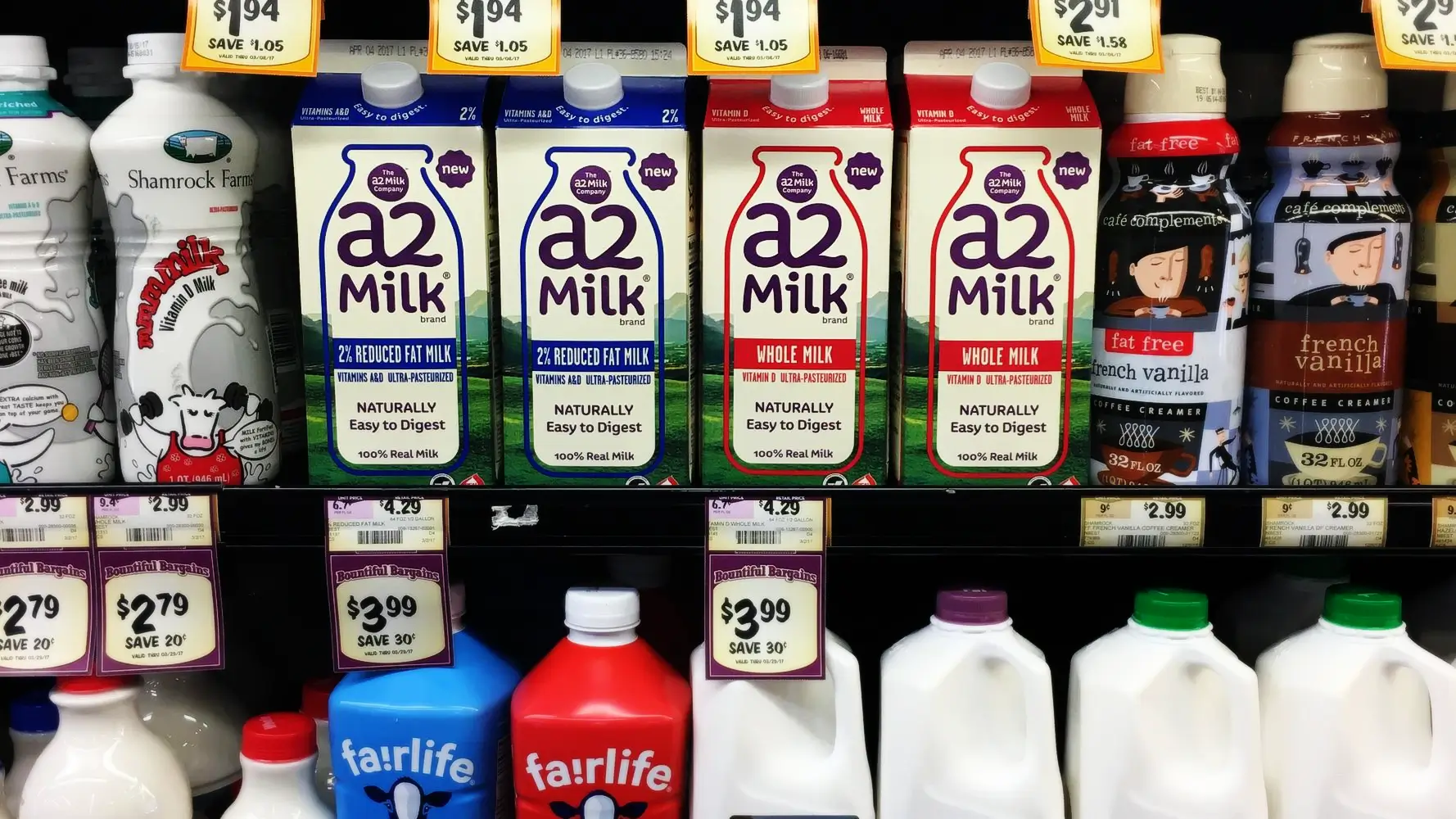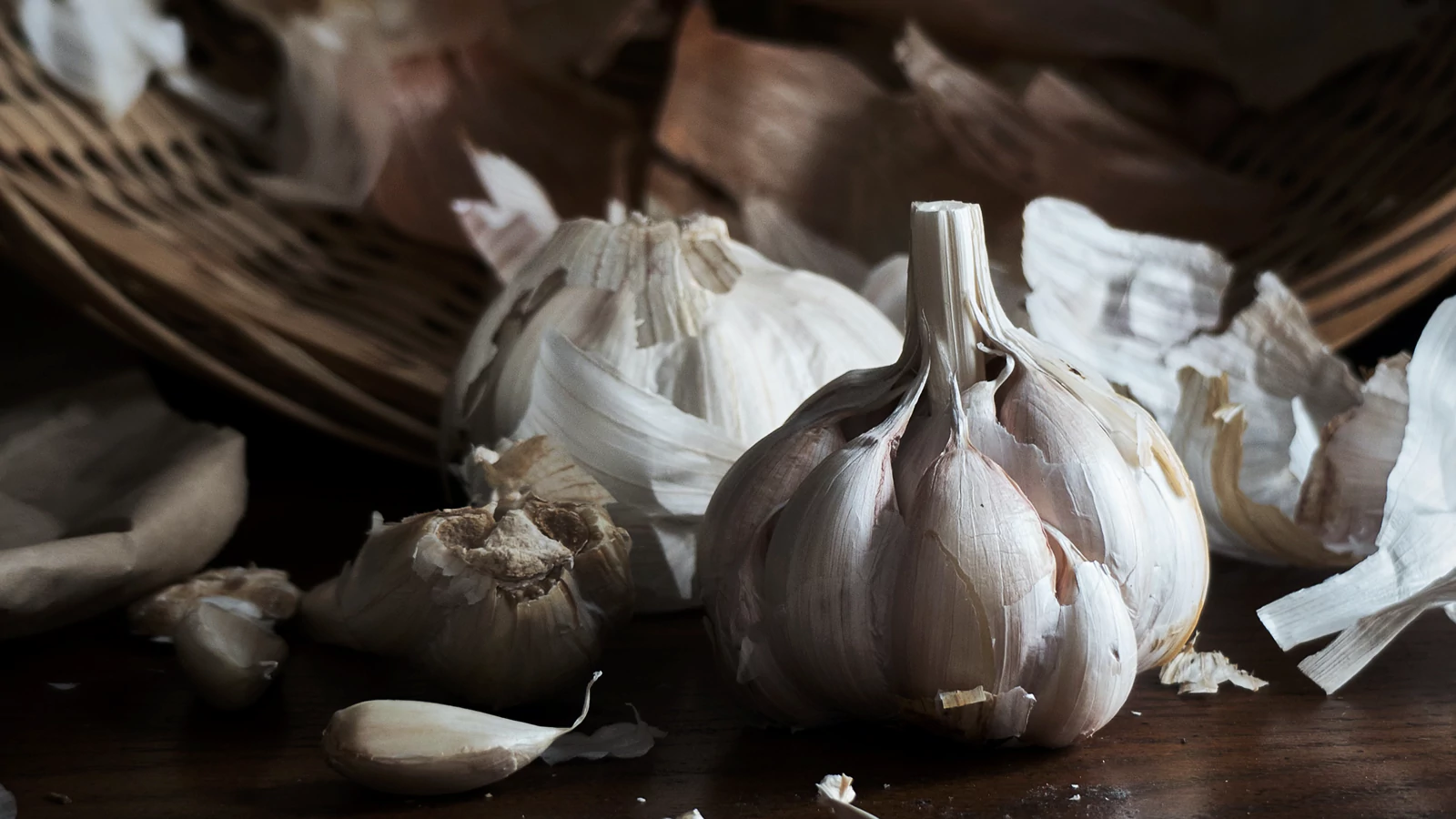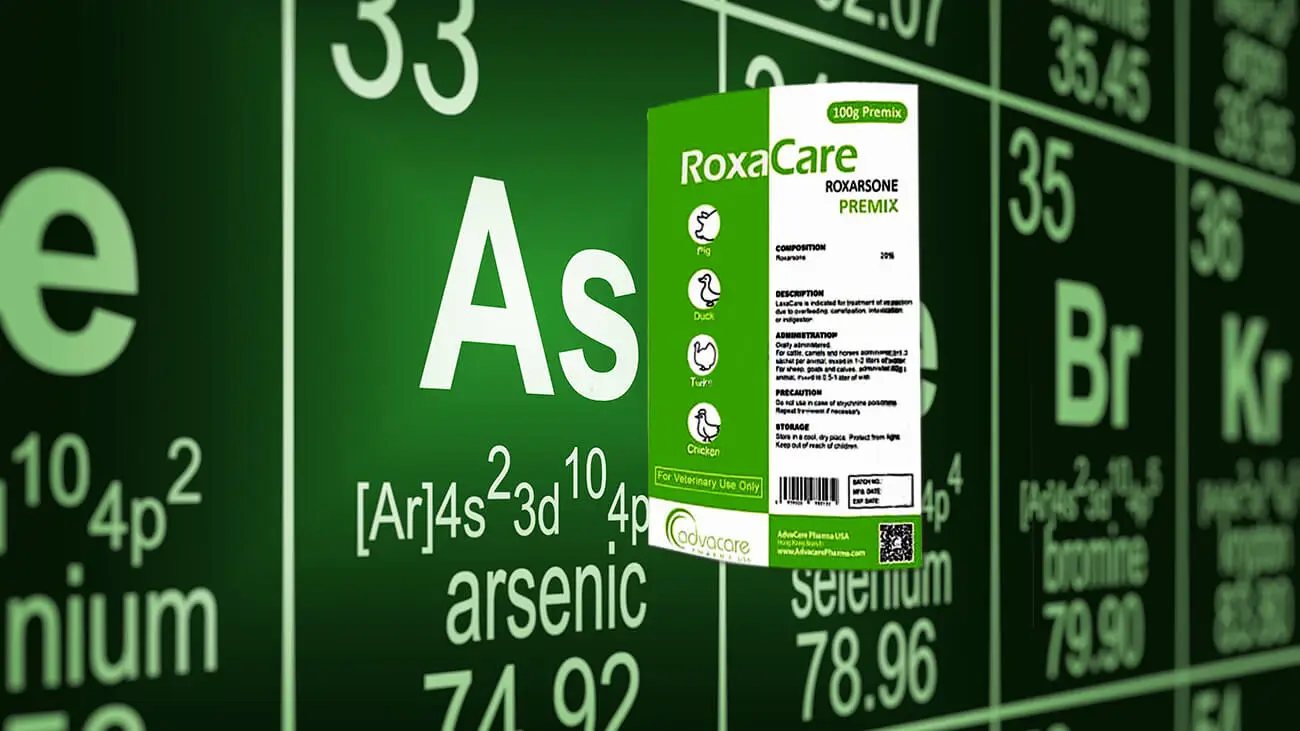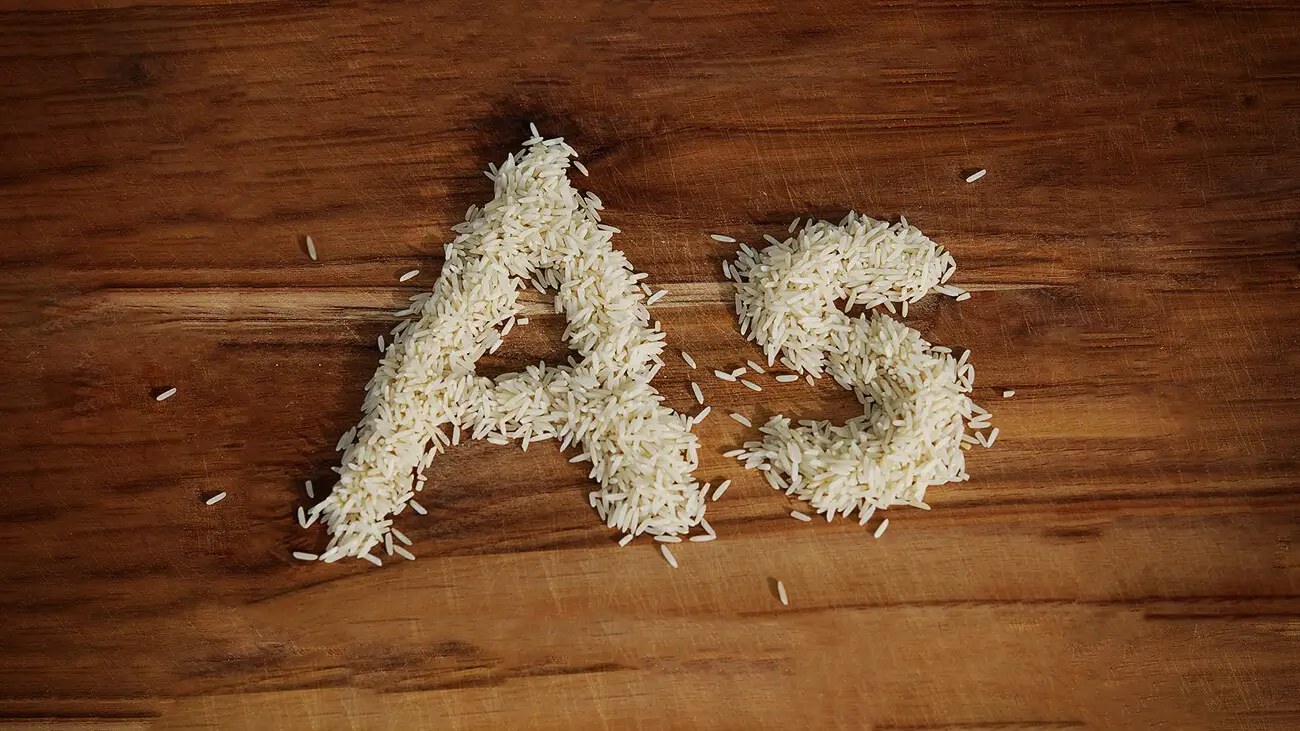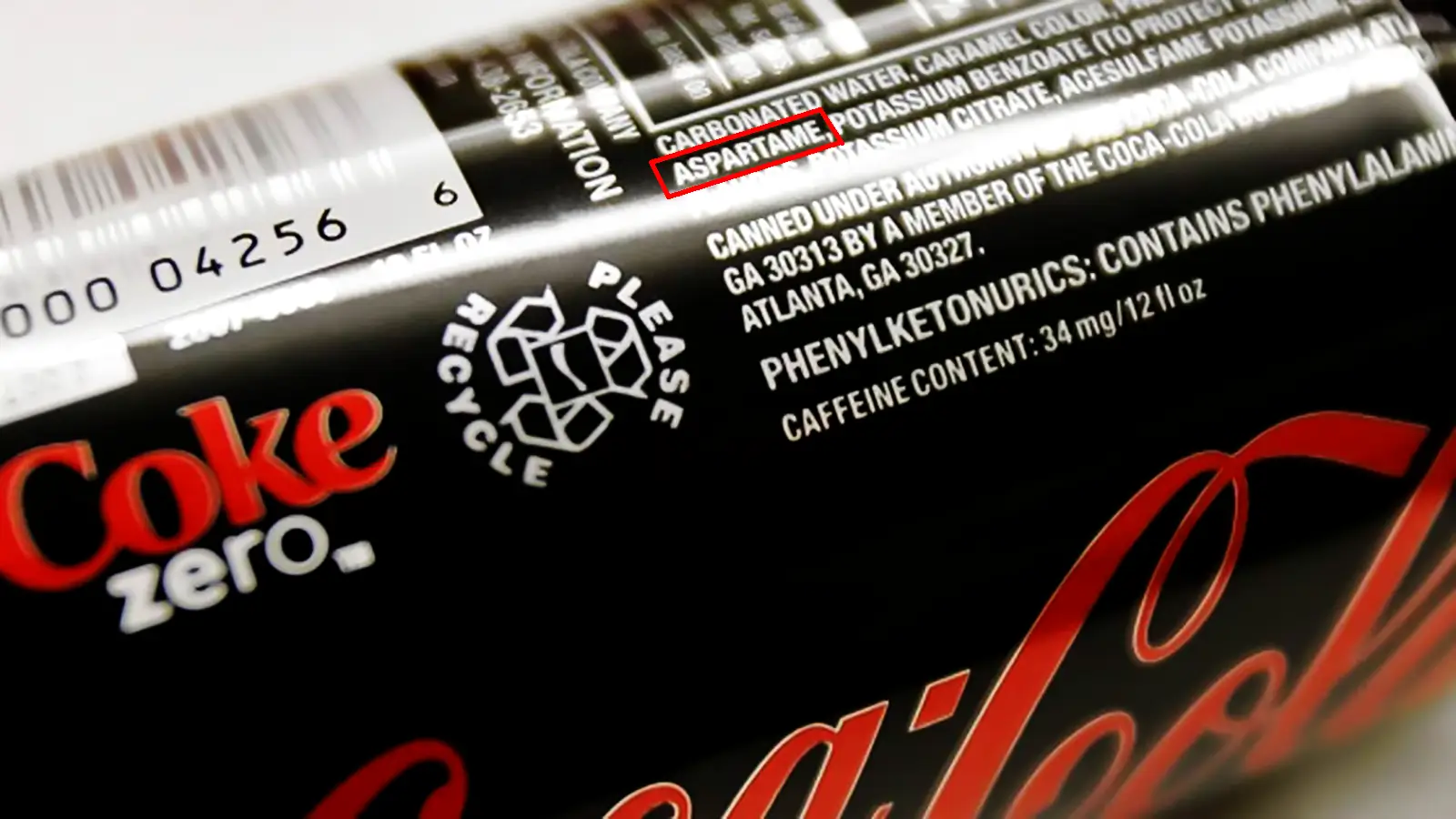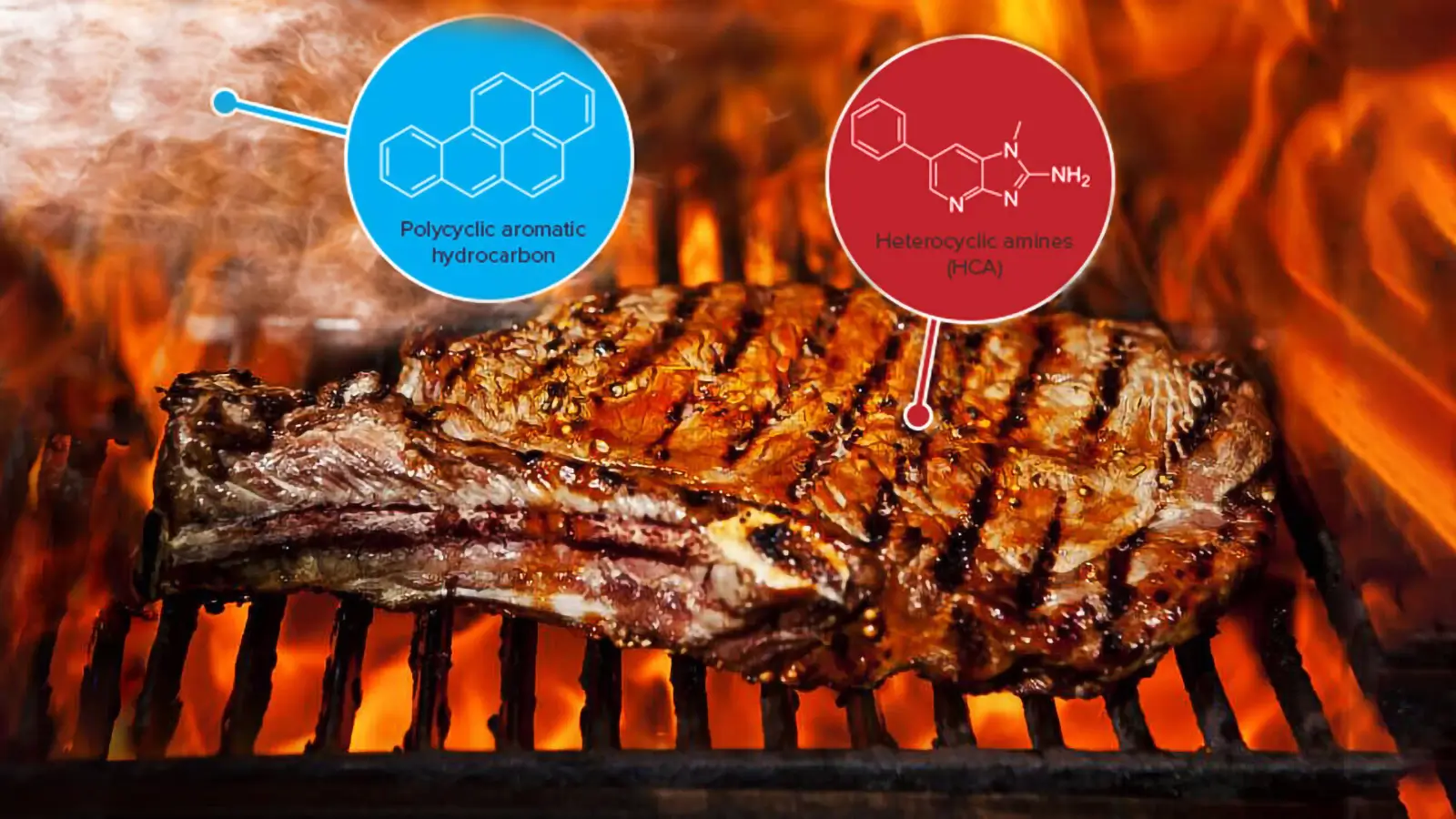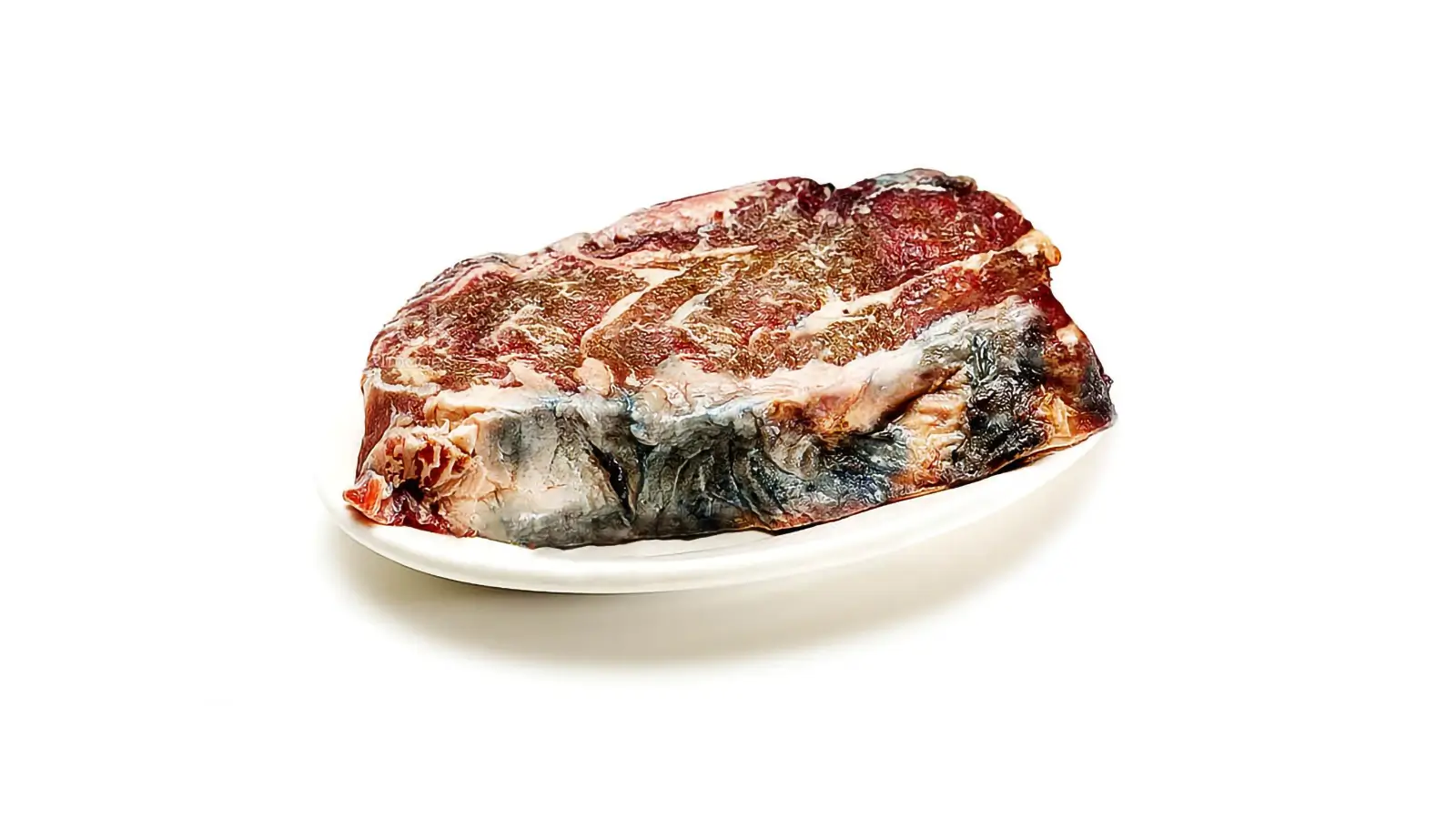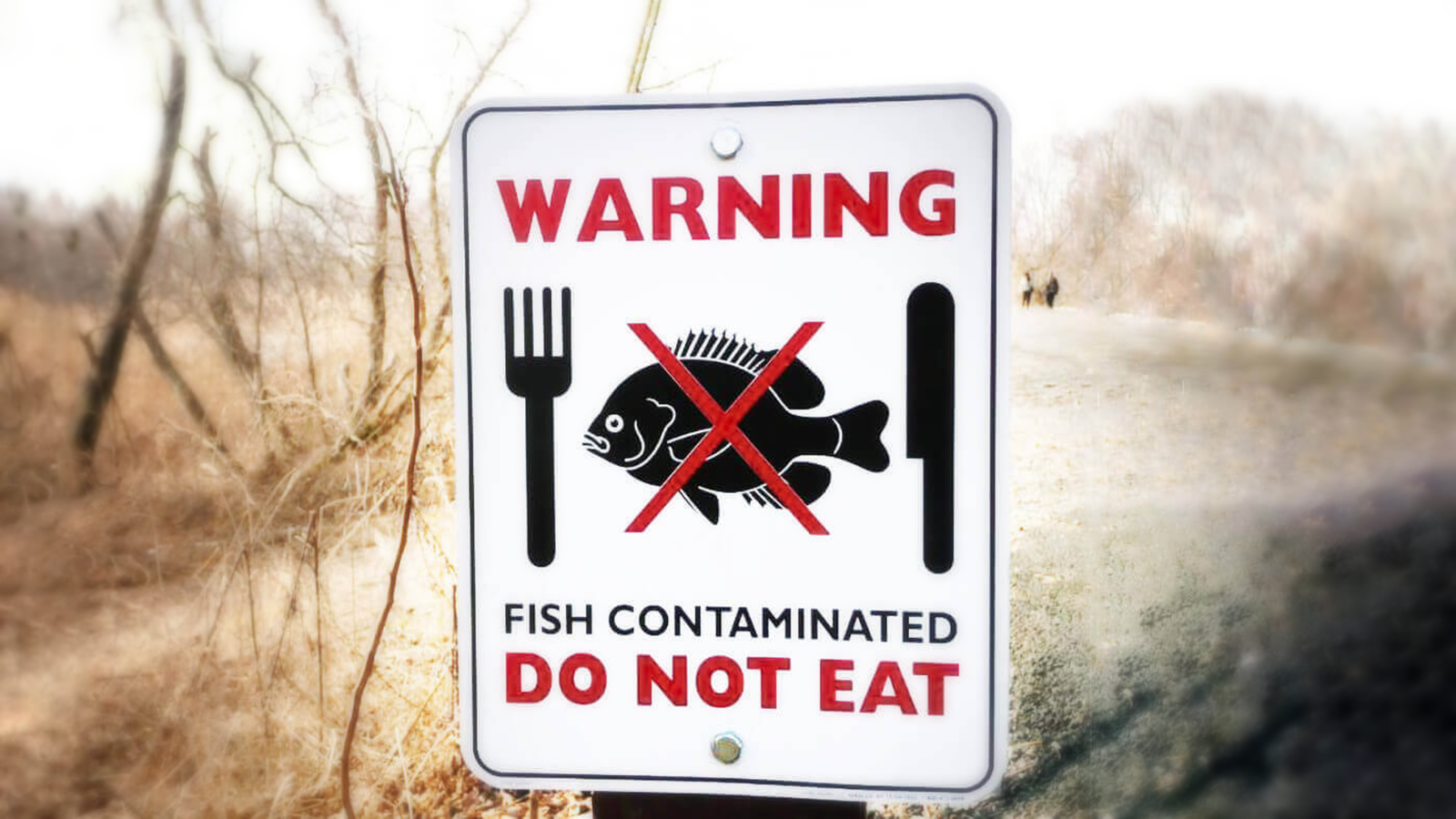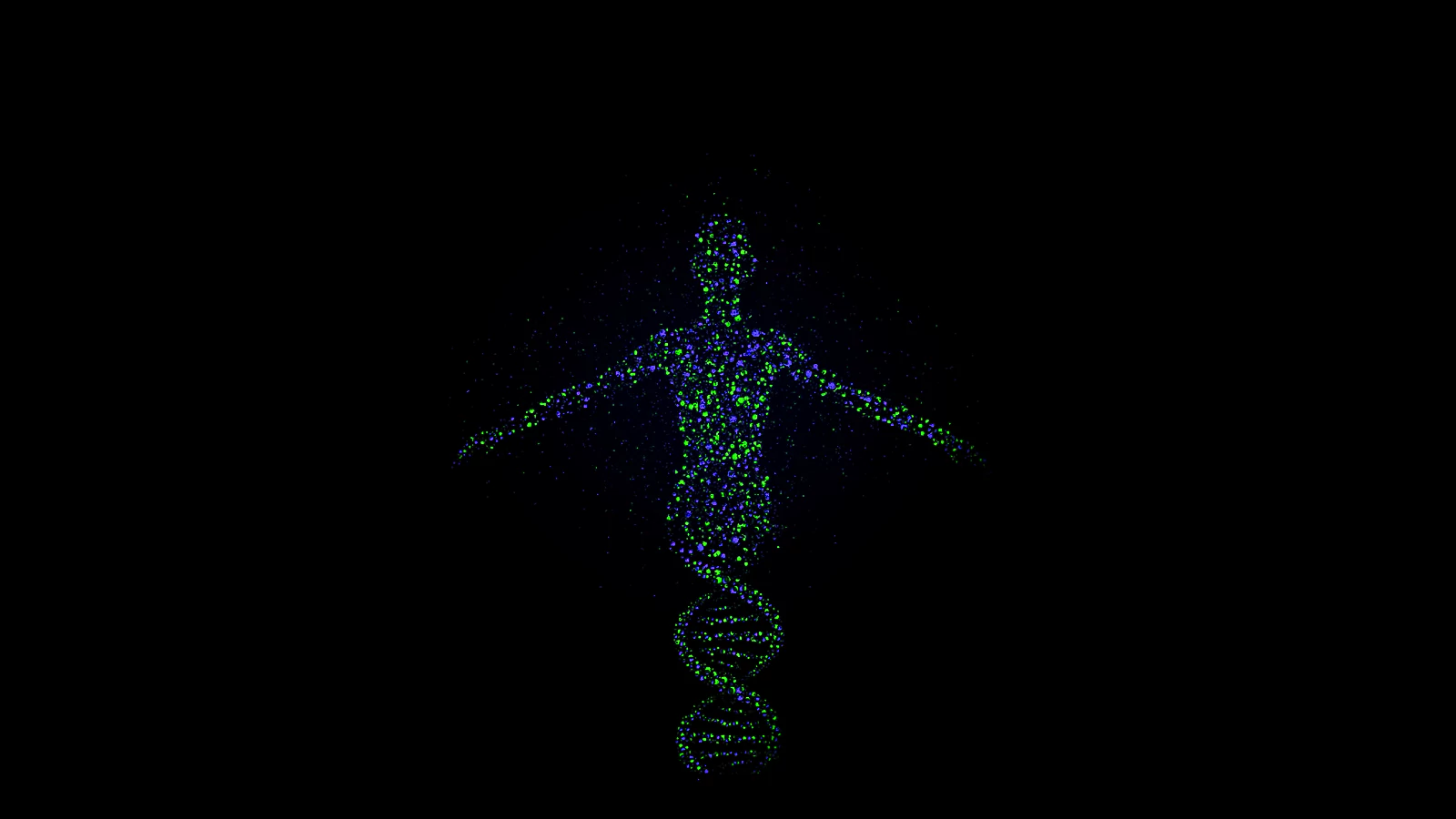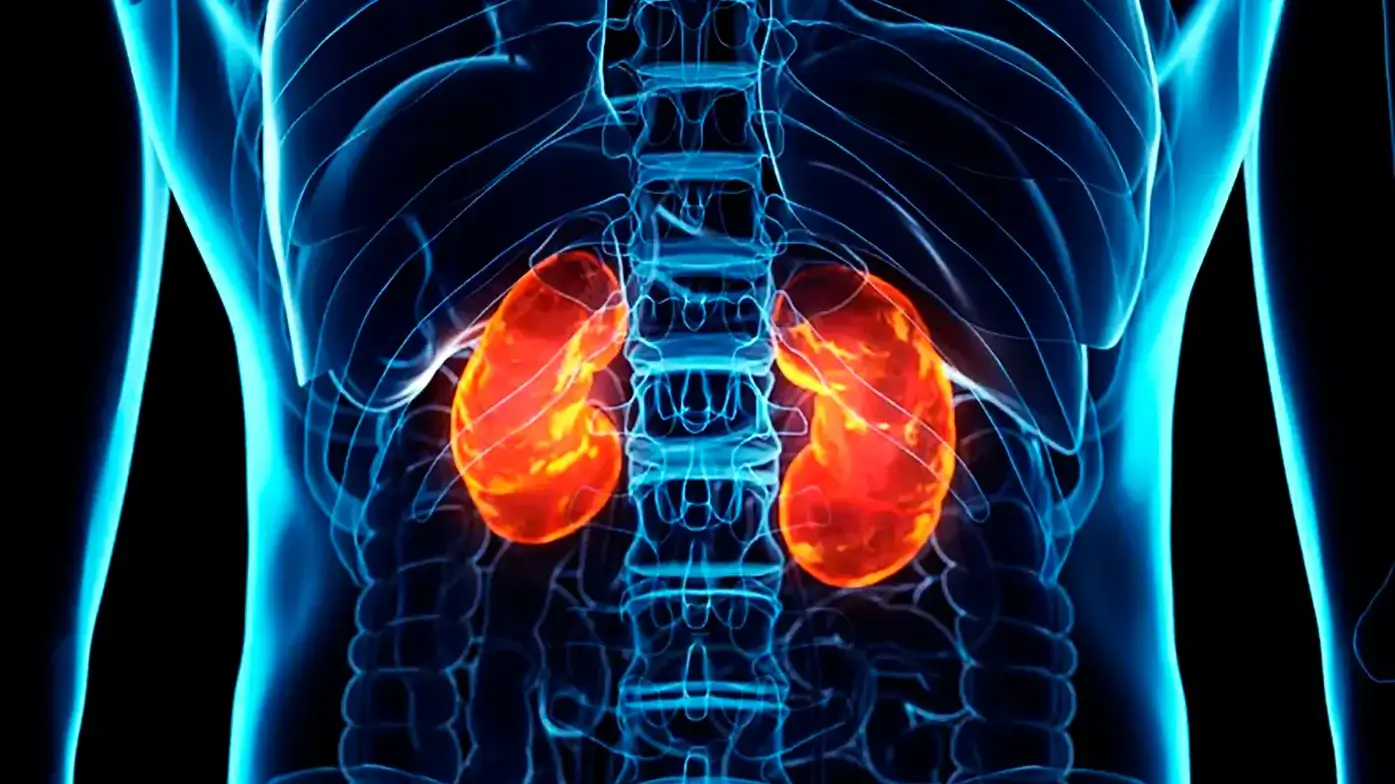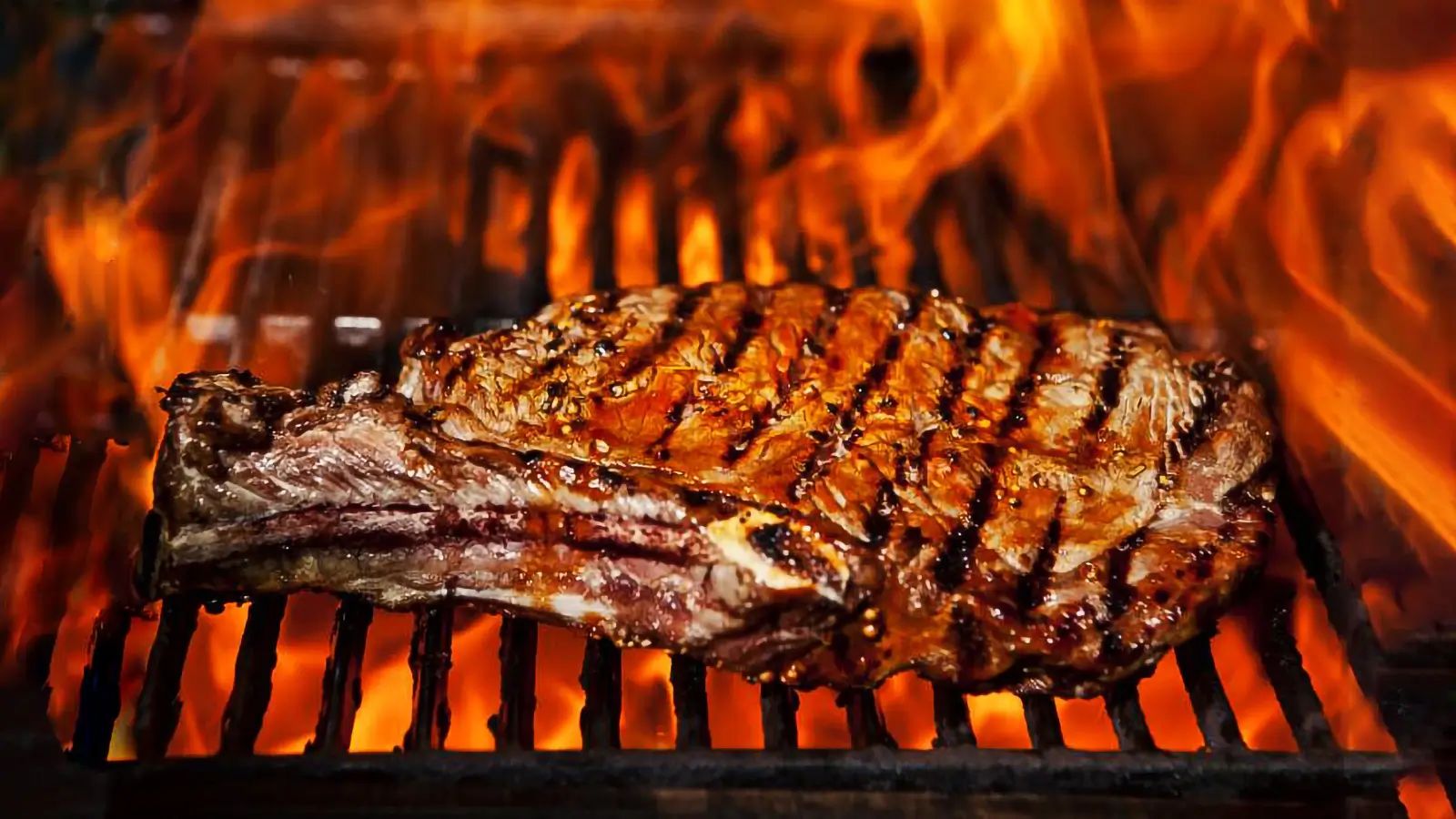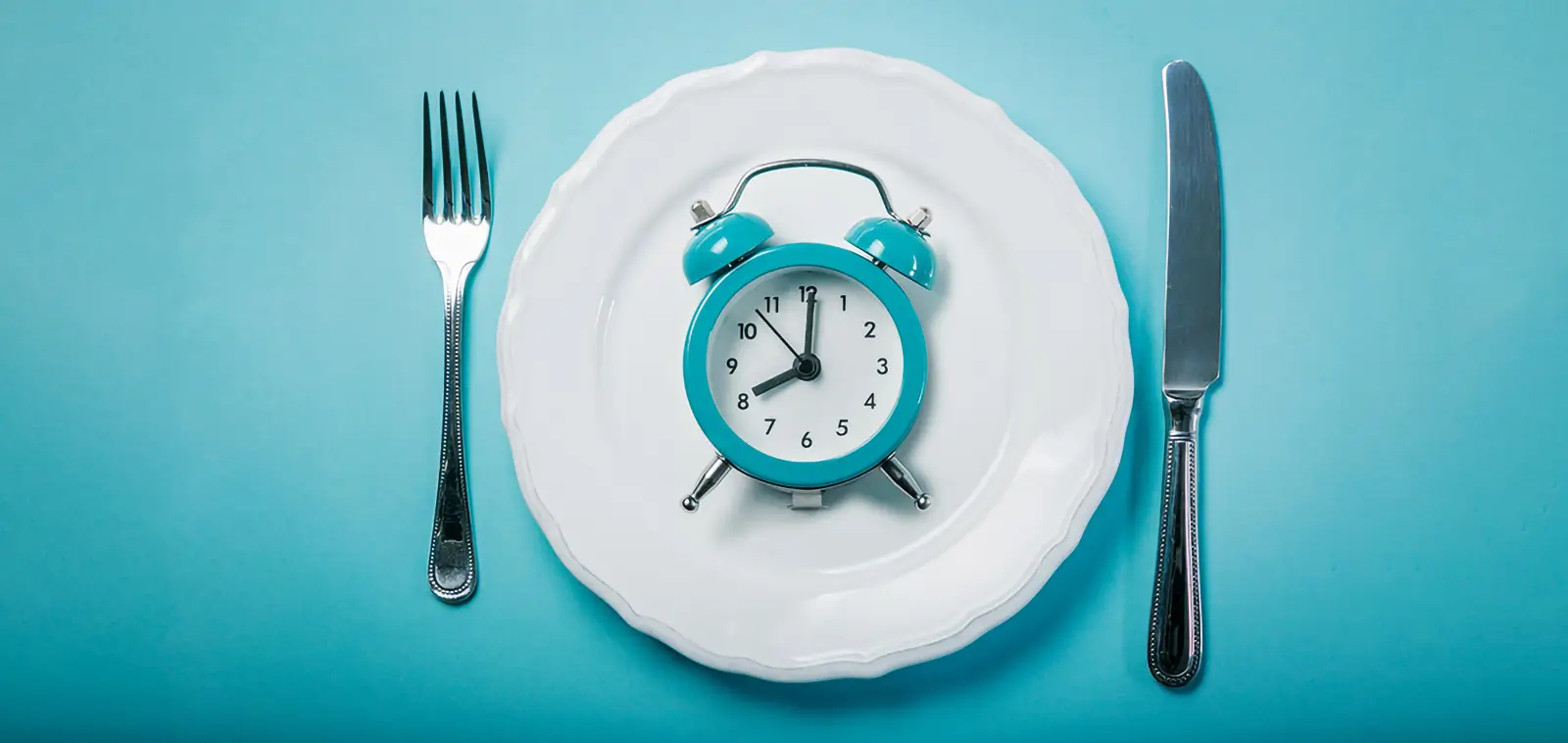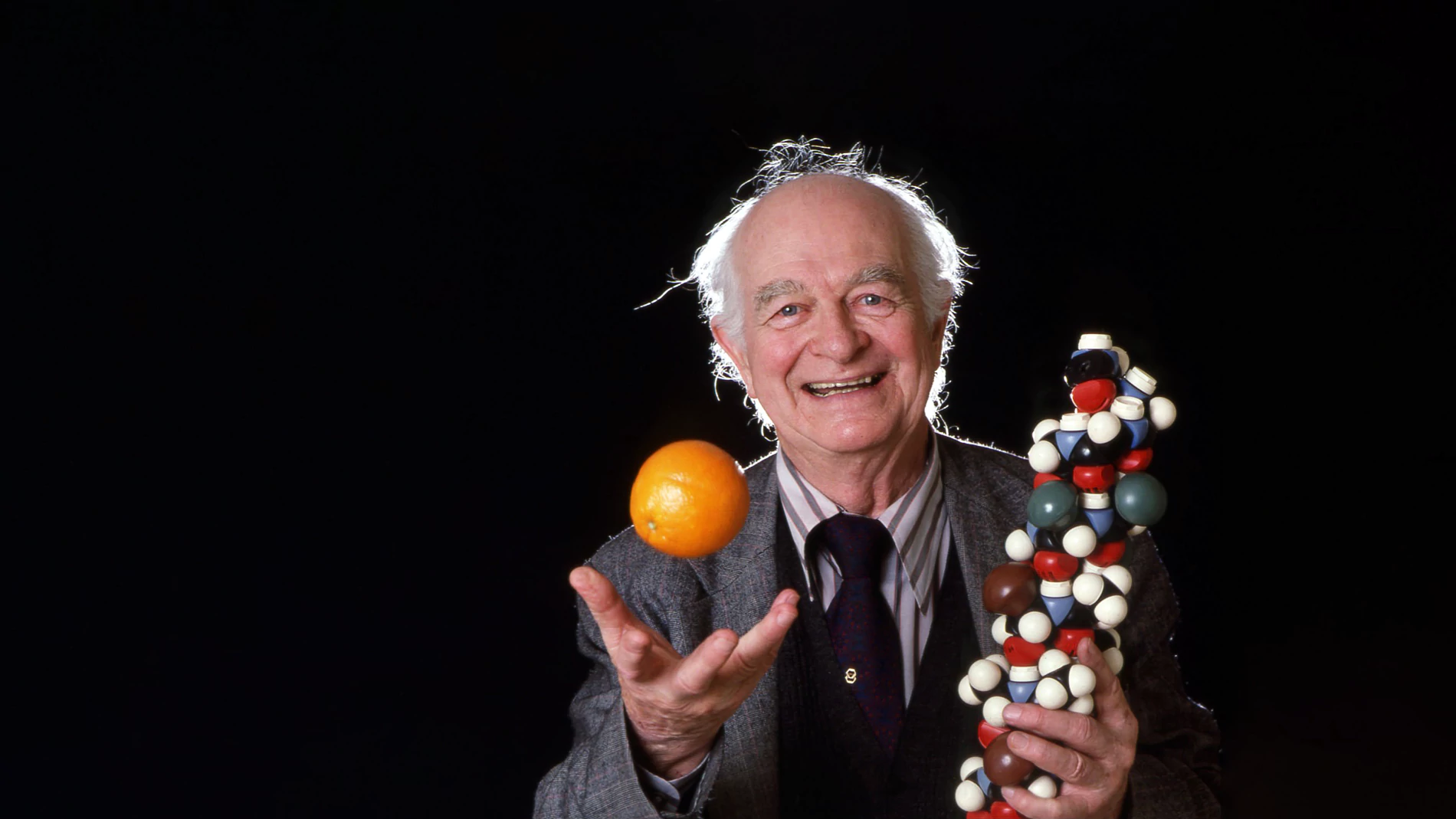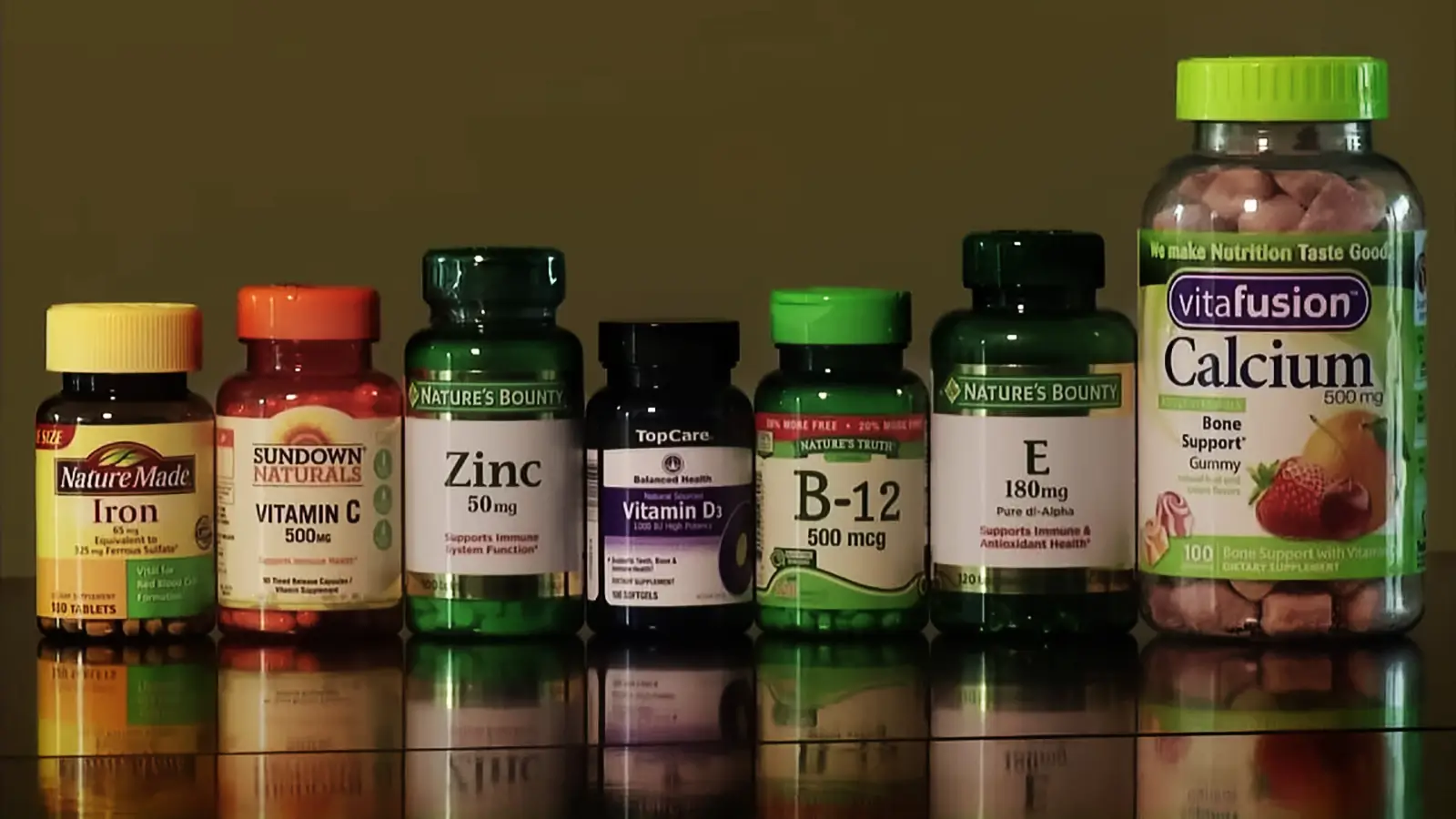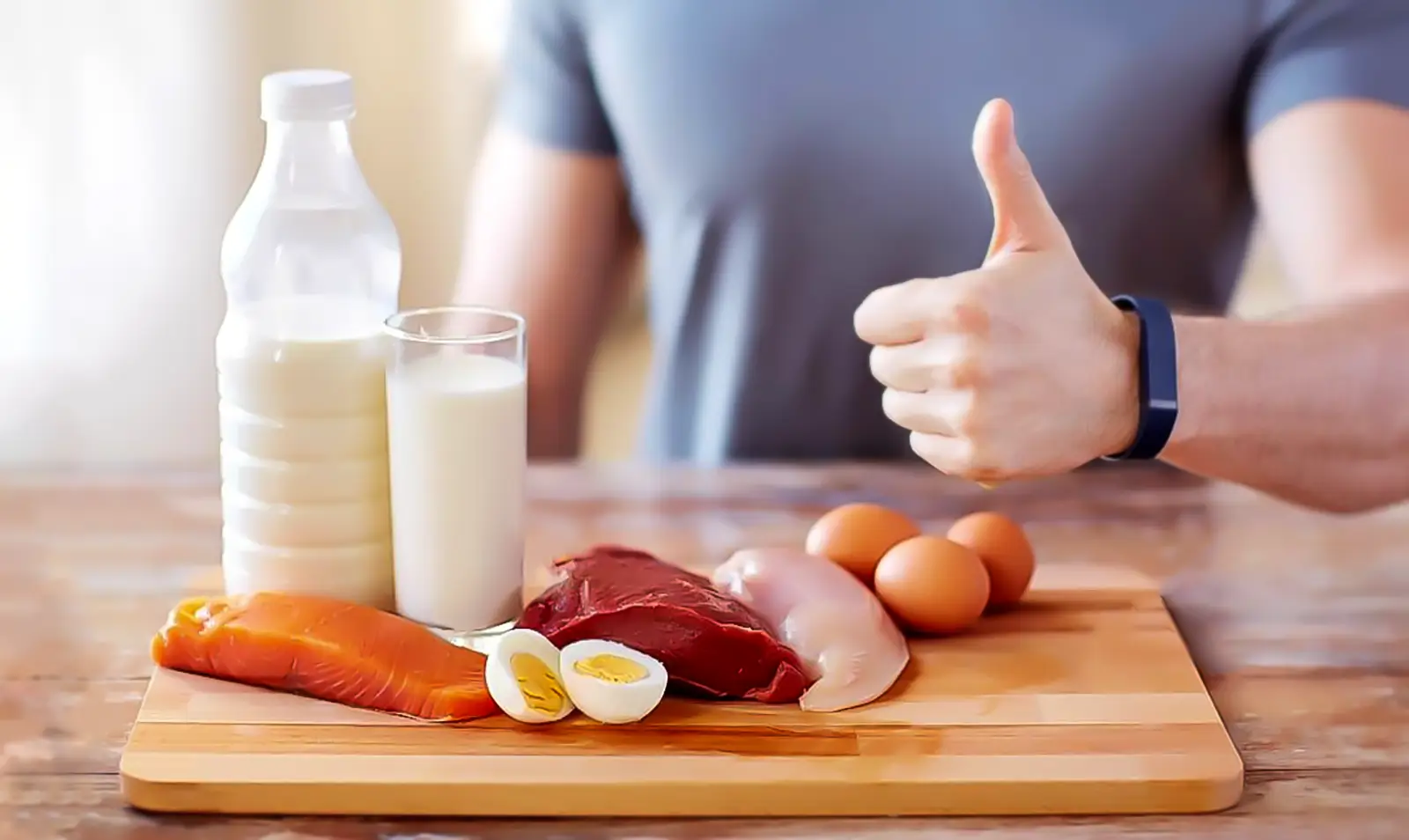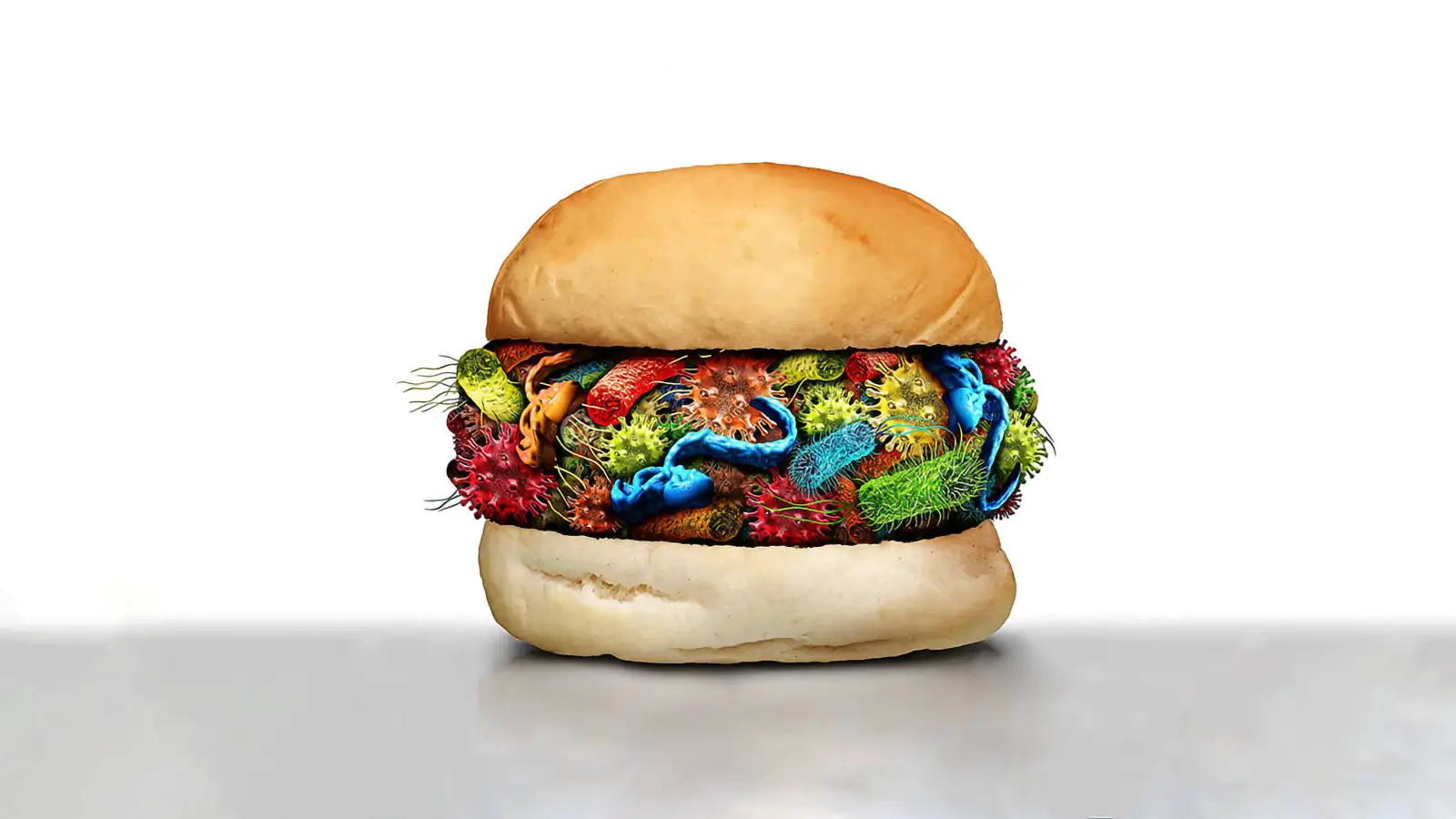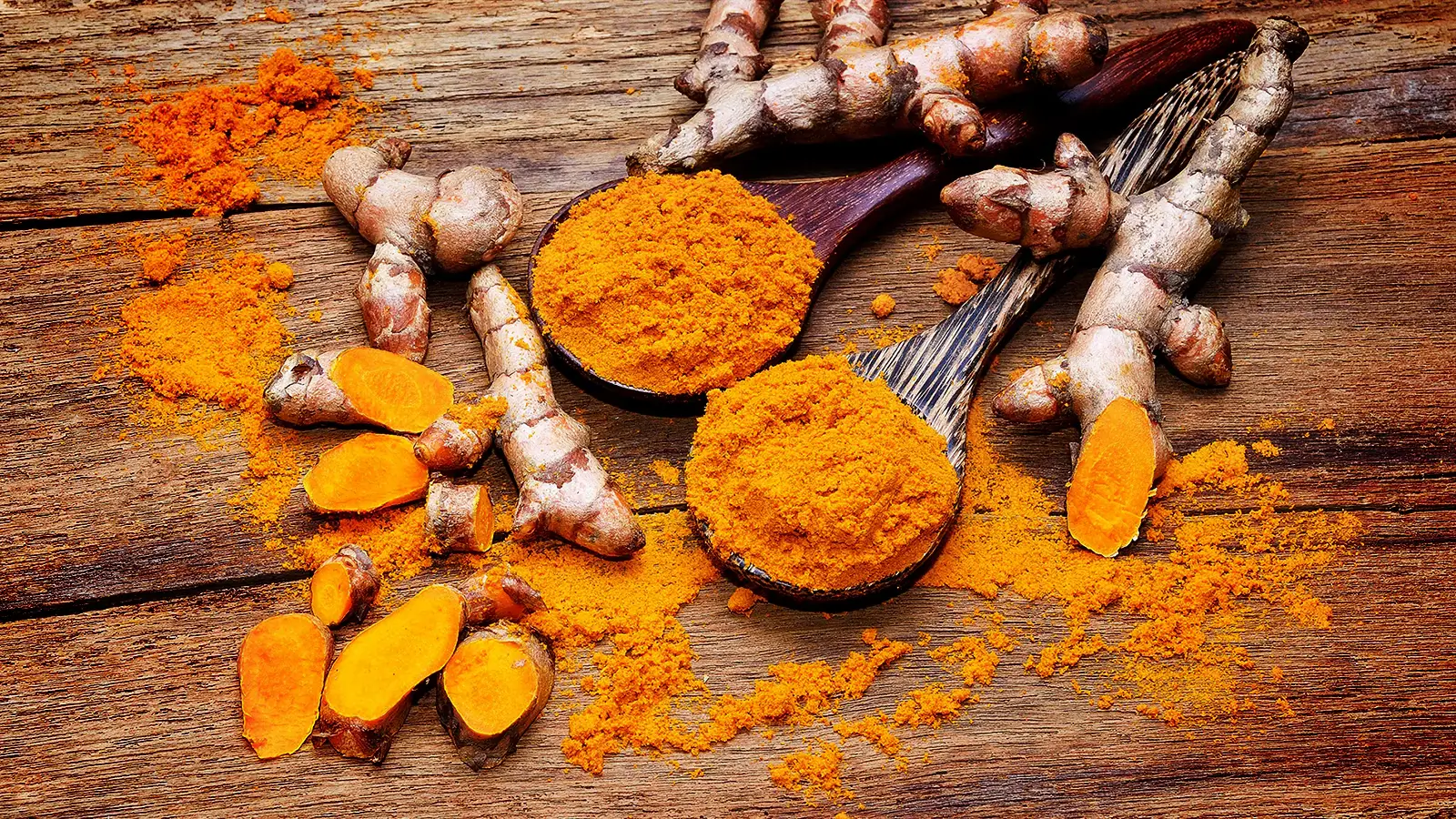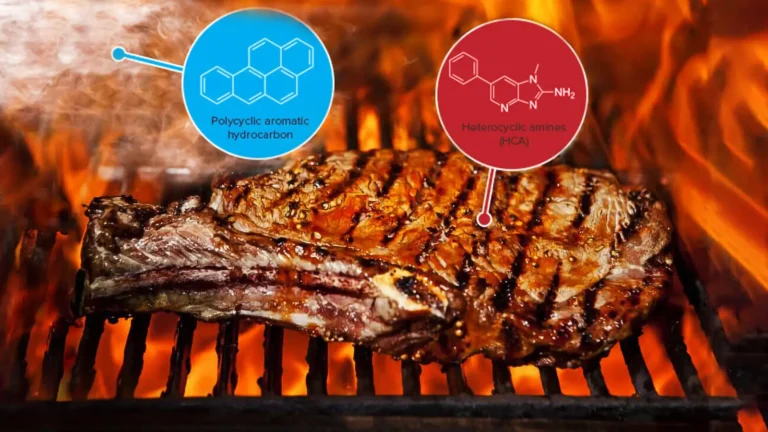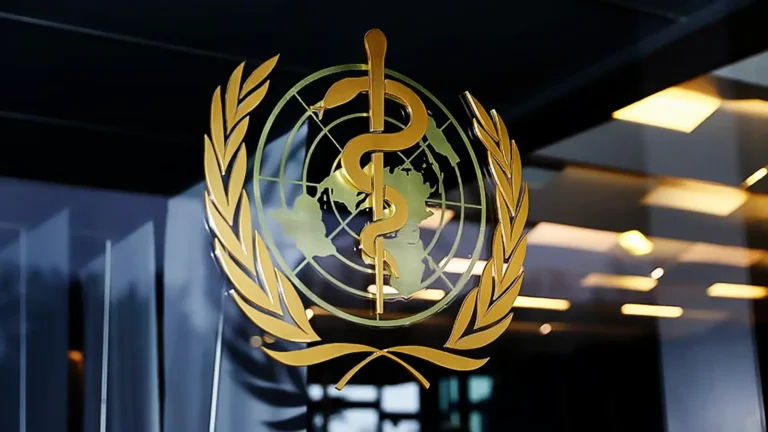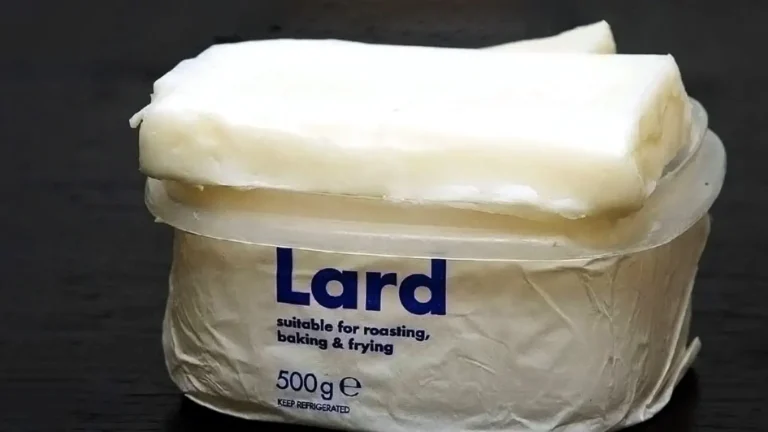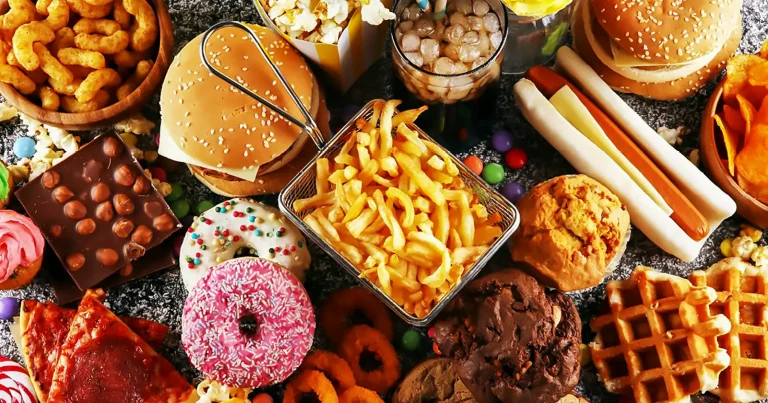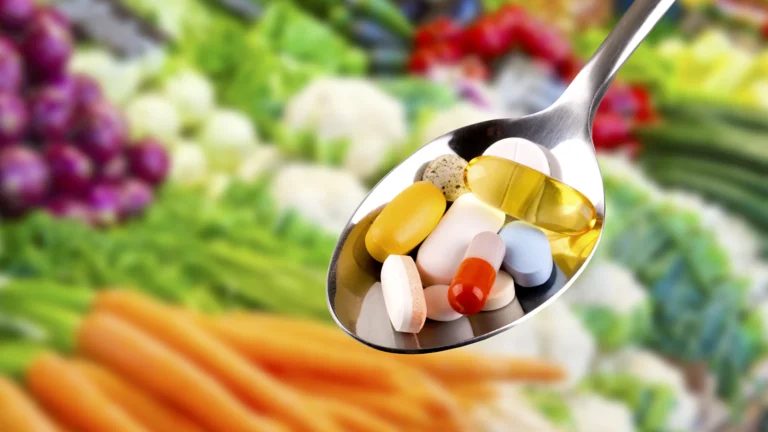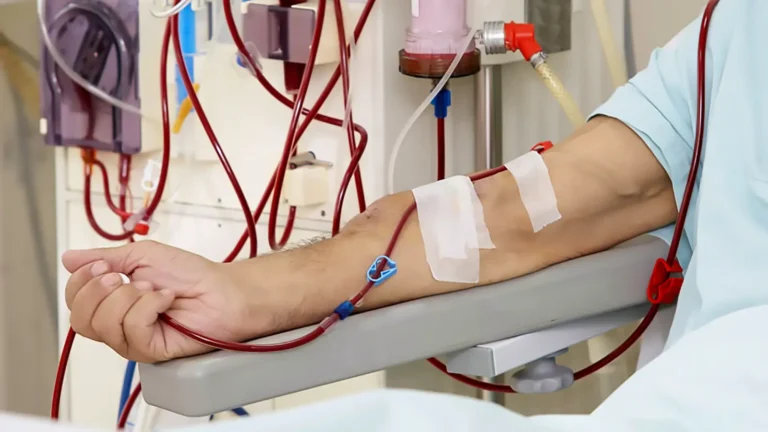Protéine Complète : Signalisation de l'IGF-1 dans la Formation du Cancer
Lorsque vous mangez des protéines animales, vous avez quatre fois plus de chances de développer tous les types de cancer. Lorsque vous fumez, vous avez quatre fois plus de chances de développer un cancer du poumon.
Milos Pokimica
Écrit par : Milos Pokimica
Examiné Médicalement Par : Dr. Xiùying Wáng, M.D.
Mis à jour le 27 mai 2023Principaux Enseignements :
- La consommation de quantités excessives de protéines complètes peut augmenter les niveaux de l'hormone IGF-1 (Insulin-like growth factor), qui a été associée à la croissance du cancer et à la formation de métastases.
- Il a été démontré que les régimes à base de plantes réduisent de manière significative les niveaux d'hormone IGF-1 dans la circulation sanguine au fil du temps, par rapport aux régimes riches en viande.
- La réduction ou l'élimination de la consommation de protéines d'origine animale peut avoir des effets positifs sur la santé au fil du temps.
- Les haricots sont l'une des meilleures sources de protéines d'origine végétale, car ils sont riches en protéines, sans cholestérol ni graisses saturées, et regorgent de fibres et d'antioxydants.
- Il est possible de prendre du muscle sans apport excessif de protéines.
Certains produits alimentaires contiennent des niveaux élevés de tous les acides aminés essentiels. Il s'agit de toutes les protéines du règne animal. Toutes les protéines provenant des œufs, de la viande et des produits laitiers sont "complètes".
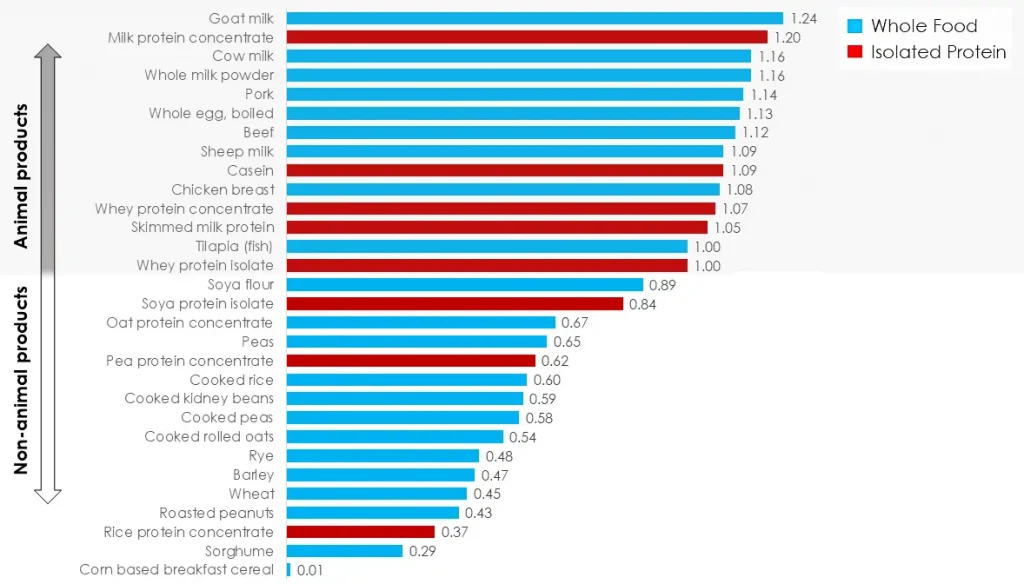
La viande est de la viande en quelque sorte et les protéines sont similaires dans les proportions d'acides aminés qu'elles contiennent. Certaines sources végétales contiennent également des protéines ˝complètes˝, comme le soja par exemple.
Manger des protéines complètes n'est pas une bonne idée car cela augmentera les niveaux de Facteur de croissance analogue à l'insuline (IGF-1) hormone et ce n'est pas quelque chose que vous voulez. L'IGF 1 est un agent anticancéreux hormone.
Il existe un lien plus important entre le niveau d'IGF 1 et le cancer global que entre le tabagisme et le cancer du poumon, par exemple. Il s'agit d'une hormone qui fait le tour du corps et qui frappe à la porte des cellules. Lorsque la maîtresse de maison ouvre la porte, l'IGF 1 dit :
"Bonjour, comment allez-vous, je viens juste vous dire que si vous avez besoin de diviser ou de réparer quelque chose dans votre maison, nous avons tous les acides aminés essentiels dans la rue en ce moment".
La réponse d'une cellule normale sera : "Non merci, nous allons bien, et tout va bien", mais une cellule cancéreuse répondra simplement :
"Merci, monsieur, faisons une fête de partage".
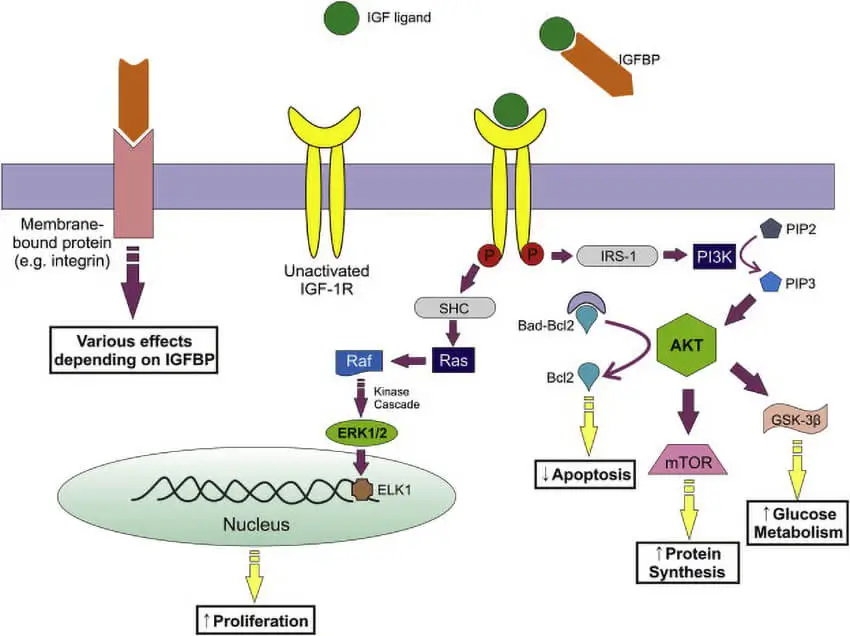
Des niveaux chroniquement élevés d'IGF 1 ne sont pas quelque chose que quiconque en tant qu'adulte devrait vouloir, y compris les culturistes. La plupart des études ne trouvent aucune corrélation entre l'apport en protéines et l'IGF 1 et ce sera une réponse de votre médecin et de l'industrie.
Cependant, devinez quoi, c'est un mensonge de plus.
Ces études n'ont pas pris en compte les protéines animales par rapport aux protéines végétales. Dans cette étude (Allen et al., 2002) ils ont fait exactement cela.
Des niveaux plus élevés d'IGF 1 n'étaient associés qu'à la consommation de protéines complètes, c'est-à-dire toutes les protéines animales, mais également les protéines de soja.
La conclusion est que ce n'est pas l'excès de protéines en général qui augmente le taux d'IGF 1 favorisant le cancer, mais seulement les protéines "complètes". L'IGF 1 est si mauvais qu'il favorise non seulement la croissance de tous les types de cancer, mais les aide également à se détacher de la tumeur principale et à migrer vers la circulation sanguine et d'autres parties du corps, créant ainsi des cellules tumorales métastatiques (Kleinberg et al., 2009). Il ne s'agit pas d'une tumeur qui vous tuera dans 95 % des cas, mais d'une tumeur métastatique qui s'étend à tout le corps. Qu'est-ce qui aide les cellules du cancer du sein à migrer vers le foie, les os, le cerveau et les poumons ? C'est l'IGF 1(Yang et al., 2011).
Il existe une mutation génétique rare, un syndrome que certaines personnes ont et qui conduit au nanisme en raison du faible niveau de création d'IGF 1. On l'appelle Syndrome de Laron (un type de nanisme).

Ils n'ont jamais, permettez-moi de réécrire ceci, ils n'ont jamais de cancer (Guevara-Aguirre et al., 2011).
Dans cette étude, le taux de mortalité par cancer chez ces personnes était de zéro. Non seulement qu'ils ont tendance à vivre beaucoup plus longtemps. Les végétaliens ont aussi tendance à vivre plus longtemps en tant que mangeurs de viande et même quand on regarde le règne animal. Les espèces phytophages ont tendance à vivre plus longtemps que les carnivores. En 1993, il y a eu une grande percée dans la science de la longévité. À ce jour, c'est une étude qui a réussi à prolonger la vie d'espèces spécifiques de vers ronds pour en doubler la quantité. Il s'agissait jusqu'à présent de la plus longue prolongation de vie enregistrée dans toutes les études.
Une mutation qui a doublé la durée de vie des vers ronds de 30 à 60 jours (Kenyon et al., 1993).
C'était comme si les gens vivaient 160 ans et seraient en bonne santé. Et ce n'était qu'une seule mutation qui a fait ça. Lorsque nous abordons le sujet du vieillissement, nous pensons à longueur des télomères, Dommages causés par les radicaux libres de l'ADN, plusieurs autres processus, etc. Mais non, c'était juste une seule mutation qui n'a fait qu'une chose. Qu'un spécialiste des gènes a nommé le Gène Grim Reaper n'était qu'un dysfonctionnement du gène du récepteur de l'IGF 1. Si vous consommez des protéines animales, vous vous exposez non seulement au risque de cancer, mais vous accélérez également le processus de vieillissement. Aujourd'hui, la science peut créer des rétrovirus artificiels capables de provoquer des mutations. À l'avenir, il pourrait être crédible d'avoir un vaccin qui désactiverait le récepteur de l'IGF 1 chez l'homme adulte dans une certaine mesure et qui prolongerait notre vie deux fois plus longtemps, mais pour l'instant, il suffit d'éviter les protéines animales.
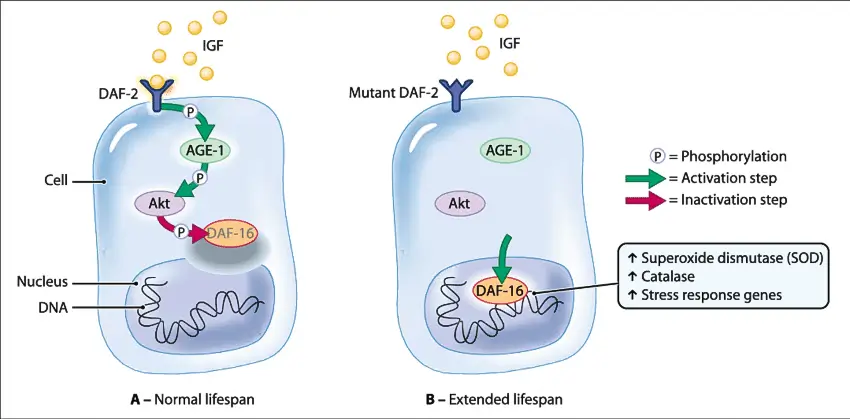
Lorsque nous passons les gens à manger à base de plantes, nous pouvons réduire considérablement les niveaux d'IGF 1 dans le sang.
Une étude a montré que les personnes ayant suivi pendant 14 ans un régime à base de plantes présentaient des taux d'IGF 1 dans le sang deux fois moins élevés que les personnes mangeant de la viande (Ngo et al., 2002). Et vous devez être végétalien et non végétarien. Dans cette étude, ils ont comparé les niveaux d'IGF 1 des végétaliens, des végétariens lacto ovo et des mangeurs de viande, et seuls les végétaliens avaient des niveaux d'IGF1 circulants inférieurs (Allen et al., 2002). Le lait et les œufs sont encore des protéines animales complètes, donc le résultat est compréhensible. Il s'agissait d'une étude sur une femme, mais des études ultérieures sur des hommes et des femmes ont montré la même chose.
Dans une étude, ils ont comparé la corrélation statistique entre le tabagisme et le cancer du poumon et la consommation élevée de protéines animales et le risque global de cancer et la corrélation était encore pire pour la protéine (Levine et al., 2014).
Il s'agissait d'une étude récente réalisée en 2014 avec la conclusion suivante :
" Les souris et les humains présentant des déficiences en récepteur de l'hormone de croissance/IGF-1 présentent une réduction importante des maladies liées à l'âge. Comme la restriction protéique réduit l'activité du GHR-IGF-1, nous avons examiné les liens entre l'apport en protéines et la mortalité. Les personnes interrogées âgées de 50 à 65 ans ayant un apport élevé en protéines présentaient une augmentation de 75% de la mortalité globale et une multiplication par 4 du risque de décès par cancer au cours des 18 années suivantes."
(Levine et al., 2014)
Lorsque vous mangez des protéines animales, vous avez quatre fois plus de chances de développer un cancer. Lorsque vous fumez, vous avez également quatre fois plus de chances de développer un cancer du poumon.
Une partie de la presse a écrit à propos de cette étude, créant une colère généralisée parmi la pratique médicale et également parmi la population en général. Quelle a été la réponse de la communauté médicale ? Gunter Kuhnle, un scientifique en nutrition alimentaire, pas un scientifique régulier mais spécifiquement en nutrition à l'Université de Reading, a déclaré :
"Il était erroné, voire dangereux, de comparer les effets du tabagisme à ceux de la viande et du fromage, comme le fait l'étude. L'envoi de déclarations [de presse] de ce type peut nuire à l'efficacité d'importants messages de santé publique. Ils peuvent contribuer à empêcher que le grand public reçoive des conseils de santé avisés. Le fumeur réfléchit : Pourquoi s'embêter à arrêter de fumer si mon sandwich au fromage et au jambon est tout aussi mauvais pour moi ?
Günter Kuhnle
Le vrai message est que l'épidémie de cancer est causée par les protéines animales.
Ou, pour être précis, les protéines complètes en général. Ne mangez pas de protéines animales, il y a suffisamment de protéines dans les plantes. En fait, toutes les protéines créées sur la planète Terre le sont par les plantes. Toutes les protéines essentielles se trouvent d'abord dans les plantes, et les animaux les obtiennent après avoir mangé des plantes. Les animaux ne se développent qu'en mangeant des plantes qui ont produit toutes les protéines essentielles. Ensuite, certains prédateurs mangent d'autres animaux et ainsi de suite. N'oubliez pas que tous les acides aminés essentiels et toutes les protéines de la planète entière ont été fabriqués par et uniquement par les plantes.
La seule protéine réellement incomplète dans l'ensemble de l'approvisionnement alimentaire est Gélatine, donc la seule et unique source de protéines sur laquelle nous ne pourrions pas vivre est la gelée.
En revanche, il n'existe qu'une seule protéine vraiment parfaite pour nous, sans compter le lait maternel. La protéine de la plus haute qualité sur la planète pour nous est notre propre chair humaine.

Bien que nous ne pratiquions plus le cannibalisme, il est prouvé que nous avons mangé des Néandertaliens et d'autres primates, nous pratiquons donc une forme de cannibalisme avec nos compagnons mammifères. Nous n'aimons rien du royaume des mammifères, comme les insectes ou les reptiles. Nous préférons les nôtres. C'est parce que nous avons besoin de cette protéine. Ou que diriez-vous de cela? Saviez-vous que les haricots contiennent autant de protéines que la viande ordinaire avec zéro cholestérol, graisses saturées, endotoxines de bactéries mortes, plein de fibres antioxydants, et l'amidon résistant?
| Type de haricot | Protéine (g) | Glucides (g) | Calories |
|---|---|---|---|
| Haricots pinto | 8 | 22 | 122 |
| Adzuki | 9 | 29 | 147 |
| Anasazi | 7 | 23 | 115 |
| Haricots cannellini | 10 | 32 | 179 |
| Pois chiche | 7 | 22 | 134 |
| Edamame | 11 | 10 | 120 |
| Fève | 10 | 26 | 187 |
| Garbanzo | 7 | 22 | 134 |
| Haricot rouge | 8 | 20 | 112 |
| Lentille | 9 | 20 | 115 |
| Lima | 7 | 21 | 108 |
| Mungo | 14.2 | 39 | 212 |
| Pois | 4.3 | 12.5 | 67 |
| Soja | 14.3 | 10 | 149 |
| Pois Cassé | 8 | 21 | 116 |
Tout ce concept selon lequel il existe en quelque sorte des protéines incomplètes et que les protéines végétales sont inférieures à un animal n'est qu'un autre mensonge conçu et produit par les mêmes personnes qui utilisent la science comme outil de marketing. Le mensonge que nous acceptons et utilisons comme justification de notre propre désir de chair animale.

Tout le mythe de la qualité des protéines a été fabriqué à partir d'une étude sur les rongeurs réalisée il y a plus de cent ans qui a révélé que les rats infantiles ne se développent pas aussi bien sur les plantes que sur les protéines animales. Oui, je ne plaisante pas, c'était une étude qui est devenue un mythe sur l'exhaustivité des protéines. Plus tard, il a été poussé dans le grand public pour la première fois par des scientifiques rémunérés dans le numéro 75 du magazine Vogue.

Soit dit en passant, les bébés rats ne grandissent pas bien lait humain soit parce que le lait humain contient dix fois moins de protéines que le lait de rat. Le lait de rat contient tellement de protéines parce que les rats grandissent vite et pas les bébés humains. Plus il y a de protéines dans le lait, plus l'espèce grandit vite. Combien pensez-vous que le lait maternel humain contient des protéines?
Le lait maternel contient 9,5 grammes de protéines par litre. Le lait de rat contient 86,9 grammes de protéines par litre. Le lait maternel humain a le plus faible pourcentage de protéines de tous les laits de mammifères existants. Moins de 1 % de protéines en poids.
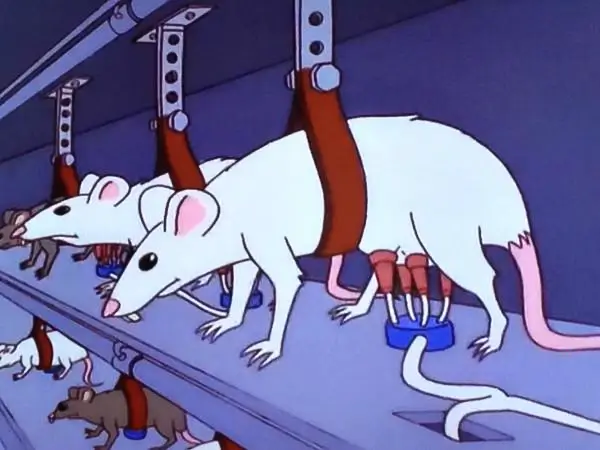
Ce que les culturistes devraient vraiment faire, c'est trouver et boire du lait de rat. Cela permettra de développer les muscles sans avoir besoin d'un supplément de protéines de lactosérum. Qu'en est-il du bodybuilding végétalien, ou des végétariens, ou de tout le monde ? Quelle quantité de protéines les différents types de régimes alimentaires contiennent-ils en réalité ?
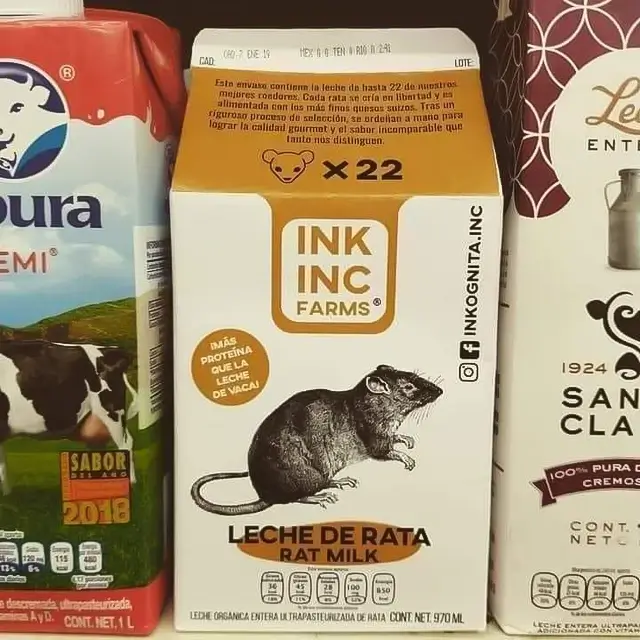
Dans cette étude (Rizzo et al., 2013) ils ont analysé l'apport moyen en protéines en comparant différents régimes alimentaires. C'était la plus grande étude de ce genre à ce jour. Ils ont comparé profils nutritionnels d'environ 5 000 végétaliens, L'étude a porté sur 30 000 végétariens, 30 000 mangeurs de viande standard, flexitariens et 20 000 végétariens, puis les a divisés en groupes de Lacto-ovo, pesco, stricts et semi, et ainsi de suite. Le résultat est que tous les groupes ont une moyenne à peu près identique, soit environ 60 grammes de protéines par jour pour les végétaliens stricts et 90 grammes pour les mangeurs de viande standard. Sauf que les non-végétariens sont ceux qui ont la plus faible consommation de protéines par jour apports en phytochimiques et antioxydants et de fibres, de bêta-carotène et de magnésium, avec les apports les plus élevés en cholestérol, en toxines de toutes sortes et en acides gras saturés, trans, arachidoniques et docosahexaénoïques. Si l'on interroge les sciences naturelles d'aujourd'hui, elles s'accordent à dire qu'il faut tout au plus 0,8 à 0,9 gramme de protéines par kilogramme, sans compter tout l'excès de graisse chez les personnes obèses. Le poids corporel sans graisse (Millward, 2012).
Ceci est extrêmement excessif et est corrélé à un large éventail de complications de santé et de maladies. Plus d'informations dans cet article corrélé (Régime hyperprotéiné - Corrélations des risques pour la santé).
Le revers de la médaille est que l'IGF et mTOR sont tous deux les antagonistes les plus puissants de l'autophagie.
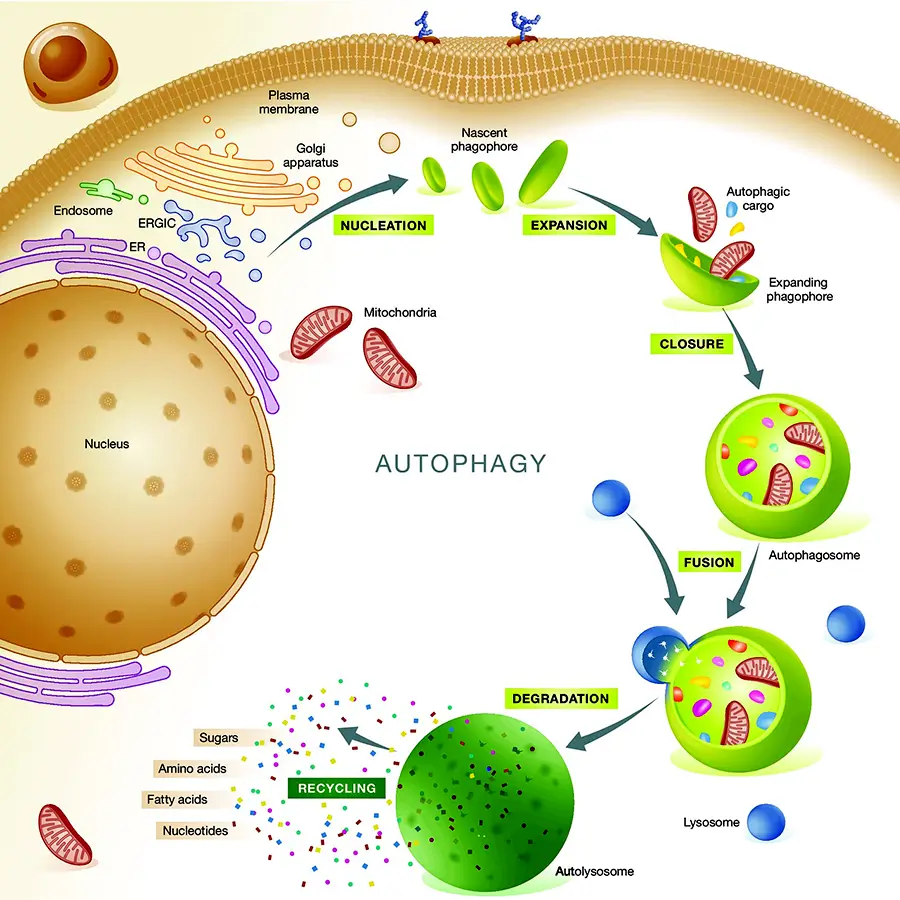
Des niveaux inadéquats d'autophagie ou, dans la plupart des cas, une absence totale, même de petites quantités, augmenteront l'accumulation de mutations et de dommages à l'ADN dans le temps et augmenteront le risque de cancer indépendamment de la promotion par l'IGF de la prolifération des cellules cancéreuses.
La vérité que l'industrie ne veut pas mentionner est exactement celle-ci. Lorsque vous mangez des protéines complètes, elles sont complètes et constituent le cancérigène le plus puissant connu. Ce n'est pas seulement de la viande rouge mais des protéines complètes en général en plus de toute inflammation et bioaccumulation de toxines dans la viande. La question de savoir si cette vérité a un impact sur les choix alimentaires des gens est à débattre. Mais la science est la science et éviter le sujet n'est que dans l'intérêt de la communauté scientifique. l'industrie et il ne fait que combler le désir sous-jacent d'aliments très appétissants comme source de gratification.
Les bodybuilders par exemple mangeront en moyenne plus de 200 grammes de protéines par jour. Physiologiquement, il n'est pas possible de produire plus de 10 grammes de protéines par jour (soit environ 50 grammes de tissu) si vous ne prenez pas de stéroïdes, quelle que soit la quantité de protéines que vous mangez ou la quantité d'exercice que vous faites. Même les végétaliens stricts peuvent faire de la musculation si la protéine est un problème. D'autres types d'athlètes mangent généralement beaucoup plus que la moyenne. Certains défenseurs de la santé céto paléo mangeront 10 œufs au petit-déjeuner. Pour certaines personnes, ce sont des gourous de la santé.
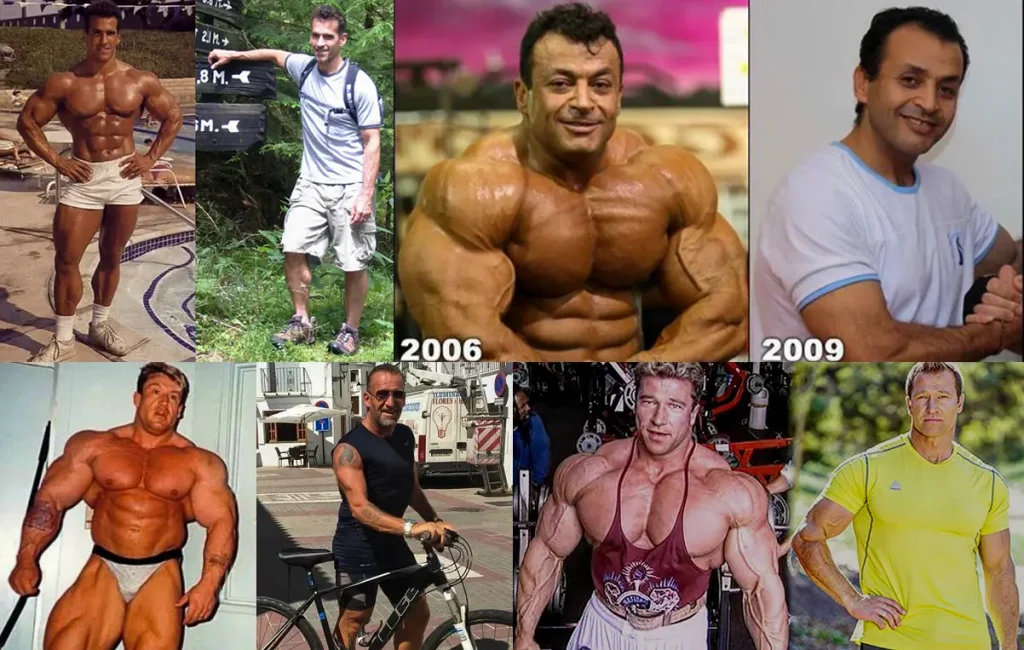
Il y a une tendance à manger de grandes quantités de protéines complètes pour perdre du poids. La logique derrière cela est qu'une grande quantité de protéines complètes stimulera la plus grande libération d'hormone IGF 1 qui arrêtera l'autophagie de la masse musculaire et concentrera uniquement la perte de poids sur le tissu adipeux. Et cet argument est correct.
Il est scientifiquement prouvé que vous pouvez manger une grande quantité de protéines complètes pendant un régime pour arrêter autophagie musculaire tissu dans une certaine mesure.
Cependant, voulez-vous un cancer parce que vous avez l'air bien ?
Cette étude a été publiée dans Cancer Research (Knuppel et al., 2020). Il s'agit d'une étude gratuite que vous pouvez consulter. Cette étude a analysé près de 400 000 échantillons et a confirmé qu'un taux sanguin élevé d'IGF-1 est un facteur de risque de cancer. Ce n'est pas quelque chose qui peut être démenti sous n'importe quelle forme et de n'importe quelle manière. Il s'agit simplement d'une vérité gênante qui n'ira pas plus loin en ce qui concerne les directives diététiques sous quelque forme que ce soit. En particulier parce que nous avons des gourous de la santé qui prêchent des régimes riches en protéines de haute qualité comme réponse à l'obésité, aux performances athlétiques, au diabète et surtout à la construction du tissu musculaire, et tous les gens du keto paleo et de la recherche financée par l'industrie....
Si vous souhaitez arrêter le catabolisme pendant un régime parce que vous êtes un athlète professionnel, vous pouvez simplement prendre 1000 mg de Metformine par jour. Elle diminue la capacité du foie à produire de l'énergie. gluconéogenèse et il a été prouvé que la metformine en tant que supplément prolonge la durée de vie et réduit l'IGF-1 en même temps. Il est couramment prescrit de la même manière que l'aspirine en tant que médicament de longévité. Ce serait un sujet pour d'autres articles.
La vraie question pour les végétaliens ici n'est pas où vous obtenez vos protéines mais comment éviter l'excès. Surtout comment éviter une excès de protéines animales dans le régime américain standard.
La bonne approche à mon avis est de dire la vérité aux gens et s'ils veulent toujours suivre le régime américain standard, il existe encore des interventions qui peuvent potentiellement réduire les risques de cancer même si vous ne voulez pas changer les habitudes alimentaires. Par exemple, vous pouvez essayer de réduire l'inflammation chronique avec aliments riches en antioxydants, vous pouvez essayer de éviter l'exec de la toxicité, tu peux jeûner périodiquement, vous pouvez éviter carences en micronutriments, vous pouvez utiliser certains des éléments suivants herbes et suppléments anticancéreux qui ont une cuisson scientifique comme curcumine et ainsi de suite.
Les facteurs de croissance analogues à l'insuline (IGF) 1 et 2 stimulent le développement et la progression de différents types de cancer. Cette animation permet d'éduquer et d'informer sur les différentes voies associées aux IGF 1 et 2, mettant en évidence le mécanisme derrière un anticorps monoclonal développé par Boehringer Ingelheim, qui se lie à ces ligands et les neutralise.
Il y a un compromis entre l'hormone de croissance et l'IGF-1. L'hormone de croissance et l'IGF-1 améliorent les performances musculaires et cognitives, mais cela a un coût : la longévité. L'hormone de croissance réduite et l'IGF-1 augmentent la durée de vie en augmentant l'expression des gènes impliqués dans la résistance au stress, mais à un coût élevé en ce qui concerne les muscles et le cerveau. Apprenez tout sur le compromis et les moyens de le contourner.
FAQ
Références :
- Allen, NE, Appleby, PN, Davey, GK, Kaaks, R., Rinaldi, S., & Key, TJ (2002). Les associations du régime alimentaire avec le facteur de croissance analogue à l'insuline sérique I et ses principales protéines de liaison chez 292 femmes mangeuses de viande, végétariennes et végétaliennes. Cancer epidemiology, biomarkers & prevention : une publication de l'American Association for Cancer Research, coparrainée par l'American Society of Preventive Oncology, 11(11), 1441-1448. [PubMed]
- Kleinberg, DL, Wood, TL, Furth, PA et Lee, AV (2009). Hormone de croissance et facteur de croissance analogue à l'insuline-I dans la transition du développement mammaire normal aux lésions mammaires prénéoplasiques. Examens endocriniens, 30(1), 51–74. https://doi.org/10.1210/er.2008-0022
- Yang, SY, Miah, A., Pabari, A. et Winslet, M. (2011). Facteurs de croissance et leurs récepteurs dans les métastases cancéreuses. Frontiers in bioscience (Landmark edition), 16(2), 531–538. https://doi.org/10.2741/3703
- Guevara-Aguirre, J., Balasubramanian, P., Guevara-Aguirre, M., Wei, M., Madia, F., Cheng, CW, Hwang, D., Martin-Montalvo, A., Saavedra, J., Ingles, S., de Cabo, R., Cohen, P. et Longo, VD (2011). Le déficit en récepteurs de l'hormone de croissance est associé à une réduction majeure de la signalisation pro-vieillissement, du cancer et du diabète chez l'homme. Médecine translationnelle scientifique, 3(70), 70ra13. https://doi.org/10.1126/scitranslmed.3001845
- Kenyon, C., Chang, J., Gensch, E., Rudner, A., & Tabtiang, R. (1993). Un mutant de C. elegans qui vit deux fois plus longtemps que le type sauvage. Nature, 366(6454), 461–464. https://doi.org/10.1038/366461a0
- Ngo, TH, Barnard, RJ, Tymchuk, CN, Cohen, P., & Aronson, WJ (2002). Effet du régime alimentaire et de l'exercice sur les taux sériques d'insuline, d'IGF-I et d'IGFBP-1 et sur la croissance des cellules LNCaP in vitro (États-Unis). Causes et contrôle du cancer : CCC, 13(10), 929–935. https://doi.org/10.1023/a:1021911517010
- Allen, NE, Appleby, PN, Davey, GK, Kaaks, R., Rinaldi, S., & Key, TJ (2002). Les associations du régime alimentaire avec le facteur de croissance analogue à l'insuline sérique I et ses principales protéines de liaison chez 292 femmes mangeuses de viande, végétariennes et végétaliennes. Cancer epidemiology, biomarkers & prevention : une publication de l'American Association for Cancer Research, coparrainée par l'American Society of Preventive Oncology, 11(11), 1441-1448. [PubMed]
- Levine, ME, Suarez, JA, Brandhorst, S, Balasubramanian, P, Cheng, CW, Madia, F, Fontana, L, Mirisola, MG, Guevara-Aguirre, J, Wan, J, Passarino, .G., Kennedy, BK, Wei, M., Cohen, P., Crimmins, EM et Longo, VD (2014). Un faible apport en protéines est associé à des réductions significatives de l'IGF-1, du cancer et de la mortalité globale chez les 65 ans et moins, mais pas chez les personnes âgées. Métabolisme cellulaire, 19(3), 407–417. https://doi.org/10.1016/j.cmet.2014.02.006
- Rizzo, N.-É., Jaceldo-Siegl, K., Sabate, J. et Fraser, GE (2013). Profils nutritionnels des régimes alimentaires végétariens et non végétariens. Journal de l'Académie de nutrition et de diététique, 113(12), 1610–1619. https://doi.org/10.1016/j.jand.2013.06.349
- MillwardDJ (2012). Identification des apports nutritionnels recommandés pour les protéines et les acides aminés : une critique du rapport OMS/FAO/UNU de 2007. The British journal of nutrition, 108 Supplément 2, S3–S21. https://doi.org/10.1017/S0007114512002450
- Knuppel, A., Fensom, GK, Watts, EL, Gunter, MJ, Murphy, N., Papier, K., Perez-Cornago, A., Schmidt, JA, Smith Byrne, K., Travis, RC et Key , TJ (2020). Concentrations De Facteur De Croissance De Type I Insuline Circulant Et Risque De 30 Cancers: Analyses Prospectives Au Royaume-Uni Biobank. Recherche contre le cancer, 80(18), 4014–4021. https://doi.org/10.1158/0008-5472.CAN-20-1281
Articles Similaires
Vous avez des questions sur la nutrition et la santé ?
J'aimerais avoir de vos nouvelles et y répondre dans mon prochain post. J'apprécie votre contribution et votre opinion et j'ai hâte d'avoir de vos nouvelles bientôt. Je vous invite également à nous suivre sur Facebook, Instagram et Pinterest pour plus de contenu sur l'alimentation, la nutrition et la santé. Vous pouvez y laisser un commentaire et entrer en contact avec d'autres passionnés de santé, partager vos conseils et expériences, et obtenir le soutien et les encouragements de notre équipe et de notre communauté.
J'espère que ce billet a été instructif et agréable pour vous et que vous êtes prêt à mettre en pratique les connaissances que vous avez acquises. Si vous avez trouvé ce billet utile, veuillez le partager à vos amis et à votre famille qui pourraient également en bénéficier. On ne sait jamais qui peut avoir besoin de conseils et de soutien dans son parcours de santé.
– Vous pourriez aussi aimer –

Apprendre la Nutrition
Milos Pokimica est docteur en médecine naturelle, nutritionniste clinique, rédacteur en santé médicale et nutrition et conseiller en sciences nutritionnelles. Auteur de la série de livres Devenir vegetarien ? Examen des sciences, il exploite également le site Web de santé naturelle GoVeganWay.com
Avis de non-responsabilité médicale
GoVeganWay.com vous propose des critiques des dernières recherches liées à la nutrition et à la santé. Les informations fournies représentent l'opinion personnelle de l'auteur et ne sont pas destinées ni implicitement à remplacer un avis médical professionnel, un diagnostic ou un traitement. Les informations fournies sont fournies à titre informatif uniquement et ne sont pas destinées à remplacer la consultation, le diagnostic et/ou le traitement médical d'un médecin ou d'un prestataire de soins de santé qualifié.NE JAMAIS IGNORER LES CONSEILS MÉDICAUX PROFESSIONNELS OU RETARDER LA RECHERCHE DE SOINS MÉDICAUX EN RAISON DE QUELQUE CHOSE QUE VOUS AVEZ LU OU ACCÉDÉ SUR GoVeganWay.com
N'APPLIQUEZ JAMAIS DE CHANGEMENTS AU STYLE DE VIE OU TOUT CHANGEMENT À LA SUITE DE QUELQUE CHOSE QUE VOUS AVEZ LU SUR GoVeganWay.com AVANT DE CONSULTER UN PRATICIEN MÉDICAL AGRÉÉ.
En cas d'urgence médicale, appelez immédiatement un médecin ou le 911. GoVeganWay.com ne recommande ni n'approuve aucun groupe, organisation, test, médecin, produit, procédure, opinion ou autre information spécifique pouvant être mentionné à l'intérieur.
Choix de l'éditeur -
Milos Pokimica est rédacteur spécialisé dans la santé et la nutrition et conseiller en sciences nutritionnelles. Auteur d'une série de livres Devenir vegetarien ? Examen des sciences, il exploite également le site Web de santé naturelle GoVeganWay.com
Derniers articles –
Top Des Nouvelles Sur la Santé - ScienceDaily
- The overlooked nutrition risk of Ozempic and Wegovyle février 4, 2026
Popular weight-loss drugs like Ozempic and Wegovy can dramatically curb appetite, but experts warn many users are flying blind when it comes to nutrition. New research suggests people taking these medications may not be getting enough guidance on protein, vitamins, and overall diet quality, increasing the risk of muscle loss and nutrient deficiencies.
- A 25-year study found an unexpected link between cheese and dementiale février 4, 2026
A massive Swedish study tracking nearly 28,000 people for 25 years found an unexpected link between full-fat dairy and brain health. Among adults without a genetic risk for Alzheimer’s, eating more full-fat cheese was associated with a noticeably lower risk of developing the disease, while higher cream intake was tied to reduced dementia risk overall. The findings challenge decades of low-fat dietary advice but come with important caveats.
- MIT’s new brain tool could finally explain consciousnessle février 4, 2026
Scientists still don’t know how the brain turns physical activity into thoughts, feelings, and awareness—but a powerful new tool may help crack the mystery. Researchers at MIT are exploring transcranial focused ultrasound, a noninvasive technology that can precisely stimulate deep regions of the brain that were previously off-limits. In a new “roadmap” paper, they explain how this method could finally let scientists test cause-and-effect in consciousness research, not just observe […]
- Why heart disease risk in type 2 diabetes looks different for men and womenle février 4, 2026
Scientists are digging into why heart disease risk in type 2 diabetes differs between men and women—and sex hormones may be part of the story. In a large Johns Hopkins study, men with higher testosterone had lower heart disease risk, while rising estradiol levels were linked to higher risk. These hormone effects were not seen in women. The results point toward more personalized approaches to heart disease prevention in diabetes.
- Sound machines might be making your sleep worsele février 4, 2026
Sound machines may not be the sleep saviors many believe. Researchers found that pink noise significantly reduced REM sleep, while simple earplugs did a better job protecting deep, restorative sleep from traffic noise. When pink noise was combined with outside noise, sleep quality dropped even further. The results suggest that popular “sleep sounds” could be doing more harm than good—particularly for kids.
- This unexpected plant discovery could change how drugs are madele février 3, 2026
Plants make chemical weapons to protect themselves, and many of these compounds have become vital to human medicine. Researchers found that one powerful plant chemical is produced using a gene that looks surprisingly bacterial. This suggests plants reuse microbial tools to invent new chemistry. The insight could help scientists discover new drugs and produce them more sustainably.
- A hidden cellular process may drive aging and diseasele février 3, 2026
As we age, our cells don’t just wear down—they reorganize. Researchers found that cells actively remodel a key structure called the endoplasmic reticulum, reducing protein-producing regions while preserving fat-related ones. This process, driven by ER-phagy, is tied to lifespan and healthy aging. Because these changes happen early, they could help trigger later disease—or offer a chance to stop it.
PubMed, #régime-vegan –
- Diet type and the oral microbiomele février 2, 2026
CONCLUSION: The diet-oral microbiome-systemic inflammation axis is bidirectional and clinically relevant. Understanding both direct ecological regulation and indirect metabolic effects is essential to support precision nutrition strategies aimed at maintaining oral microbial balance and systemic inflammatory risk mitigation.
- Consensus document on healthy lifestylesle janvier 22, 2026
Proteins are a group of macronutrients that are vital to our lives, as they perform various functions, including structural, defensive and catalytic. An intake of 1.0-1.2 g/kg/body weight per day would be sufficient to meet our needs. Carbohydrate requirements constitute 50 % of the total caloric value and should be obtained mainly in the form of complex carbohydrates. In addition, a daily intake of both soluble and insoluble fiber is necessary. Regular consumption of extra virgin olive oil […]
- Vitamin B12 and D status in long-term vegetarians: Impact of diet duration and subtypes in Beijing, Chinale janvier 21, 2026
CONCLUSIONS: This study reveals a dual challenge among Beijing long-term vegetarians: vitamin B12 deficiency was strongly associated with the degree of exclusion of animal products from the diet (veganism), while vitamin D deficiency was highly prevalent and worsened with longer diet duration. The near-universal vitamin D deficiency observed in this study suggests that, in the Beijing context, the risk may extend beyond dietary choice, potentially reflecting regional environmental factors;…
- Nutritional evaluation of duty meals provided to riot police forces in Germanyle janvier 13, 2026
Background: The primary role of the German riot police is maintaining internal security. Due to challenging working conditions, riot police forces face an elevated risk of various diseases. During duty, forces are provided with meals. A balanced diet can reduce the risk of some of these diseases and contribute to health-promoting working conditions. Aim: First evaluation of the nutritional quality of duty meals in Germany based on German Nutrition Society recommendations (DGE). Methods: In…
- Iodinele janvier 1, 2006
Iodine is an essential trace nutrient for all infants that is a normal component of breastmilk. Infant requirements are estimated to be 15 mcg/kg daily in full-term infants and 30 mcg/kg daily in preterm infants.[1] Breastmilk iodine concentration correlates well with maternal urinary iodine concentration and may be a useful index of iodine sufficiency in infants under 2 years of age, but there is no clear agreement on a value that indicates iodine sufficiency, and may not correlate with […]
Messages aléatoires –
Postes en vedette -
Dernières Nouvelles de PubMed, #alimentation végétale –
- From paddy soil to dining table: biological biofortification of rice with zincpar Lei Huang le février 4, 2026
One-third of paddy soils are globally deficient in zinc (Zn) and 40% of Zn loss in the procession from brown rice to polished rice, which results in the global issue of hidden hunger, e.g., the micronutrient deficiencies in the rice-based population of developing countries. In the recent decades, biofortification of cereal food crops with Zn has emerged as a promising solution. Herein, we comprehensively reviewed the entire process of Zn in paddy soil to human diet, including the regulatory…
- Molecular Characterization of Tobacco Necrosis Virus A Variants Identified in Sugarbeet Rootspar Alyssa Flobinus le février 3, 2026
Sugarbeet provides an important source of sucrose; a stable, environmentally safe, and low-cost staple in the human diet. Viral diseases arising in sugarbeet ultimately impact sugar content, which translates to financial losses for growers. To manage diseases and prevent such losses from occurring, it is essential to characterize viruses responsible for disease. Recently, our laboratory identified a tobacco necrosis virus A variant named Beta vulgaris alphanecrovirus 1 (BvANV-1) in sugarbeet…
- Nutrition in early life interacts with genetic risk to influence preadult behaviour in the Raine Studypar Lars Meinertz Byg le février 3, 2026
CONCLUSIONS: Nutrition in early life and psychiatric genetic risk may interact to determine lasting child behaviour. Contrary to our hypothesis, we find dietary benefits in individuals with lower ADHD PGS, necessitating replication. We also highlight the possibility of including genetics in early nutrition intervention trials for causal inference.
- Effect of the gut microbiota on insect reproduction: mechanisms and biotechnological prospectspar Dilawar Abbas le février 2, 2026
The insect gut microbiota functions as a multifunctional symbiotic system that plays a central role in host reproduction. Through the production of bioactive metabolites, gut microbes interact with host hormonal pathways, immune signaling, and molecular regulatory networks, thereby shaping reproductive physiology and fitness. This review summarizes recent advances in understanding how gut microbiota regulate insect reproduction. Accumulating evidence demonstrates that microbial metabolites…
- Rationale and design of a parallel randomised trial of a plant-based intensive lifestyle intervention for diabetes remission: The REmission of diabetes using a PlAnt-based weight loss InteRvention…par Brighid McKay le février 2, 2026
CONCLUSIONS: This trial will provide high-quality clinical evidence on the use of plant-based ILIs to address the epidemics of obesity and diabetes to inform public health policies and programs in Canada and beyond.
- Diet type and the oral microbiomepar Daniel Betancur le février 2, 2026
CONCLUSION: The diet-oral microbiome-systemic inflammation axis is bidirectional and clinically relevant. Understanding both direct ecological regulation and indirect metabolic effects is essential to support precision nutrition strategies aimed at maintaining oral microbial balance and systemic inflammatory risk mitigation.
